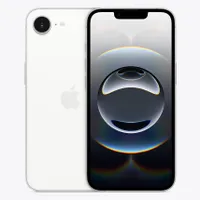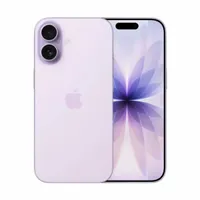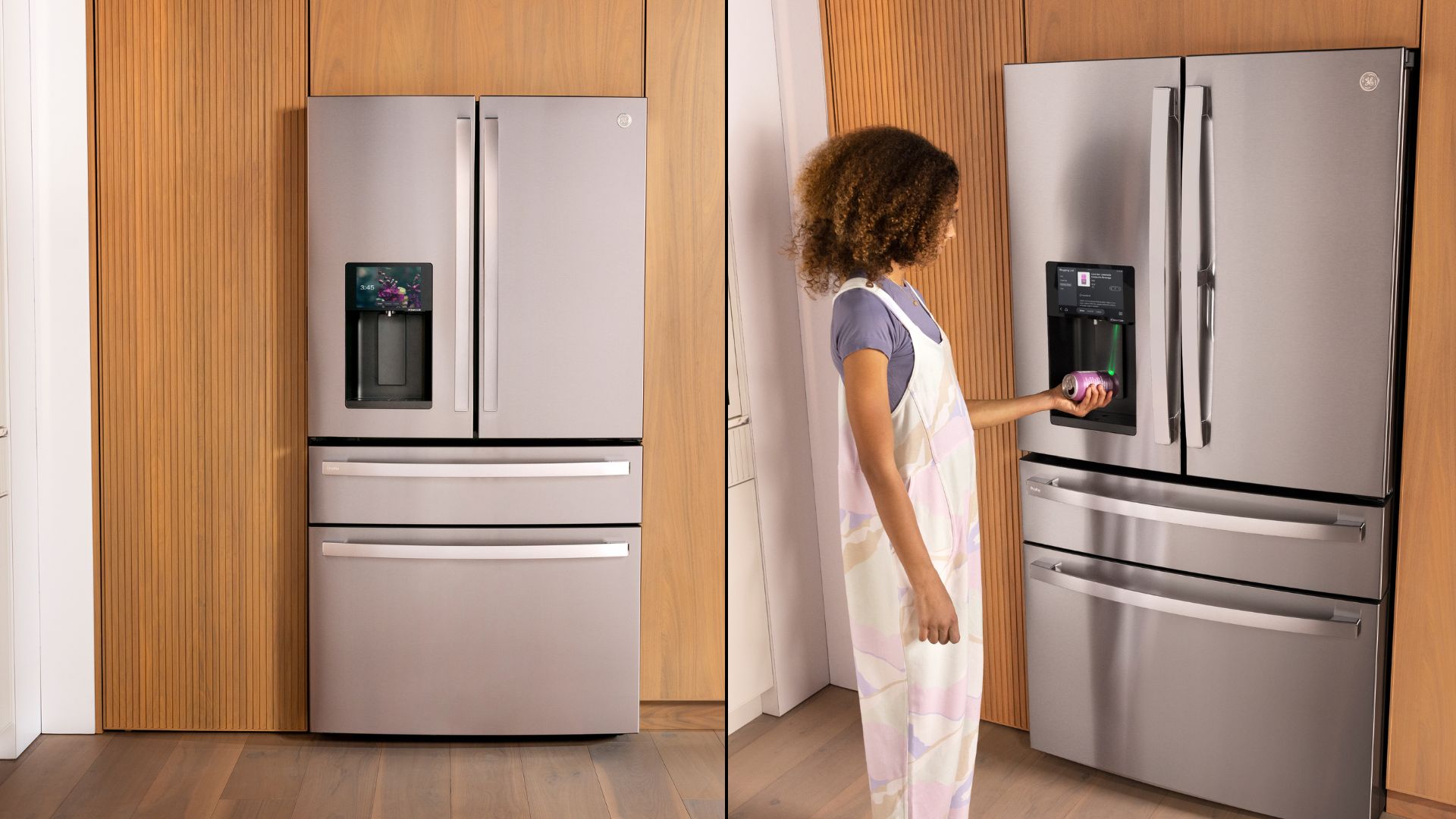I test and review the best camera phones — these are my favorites right now
I've tested all the best camera phones — these are the ones that rise to the top
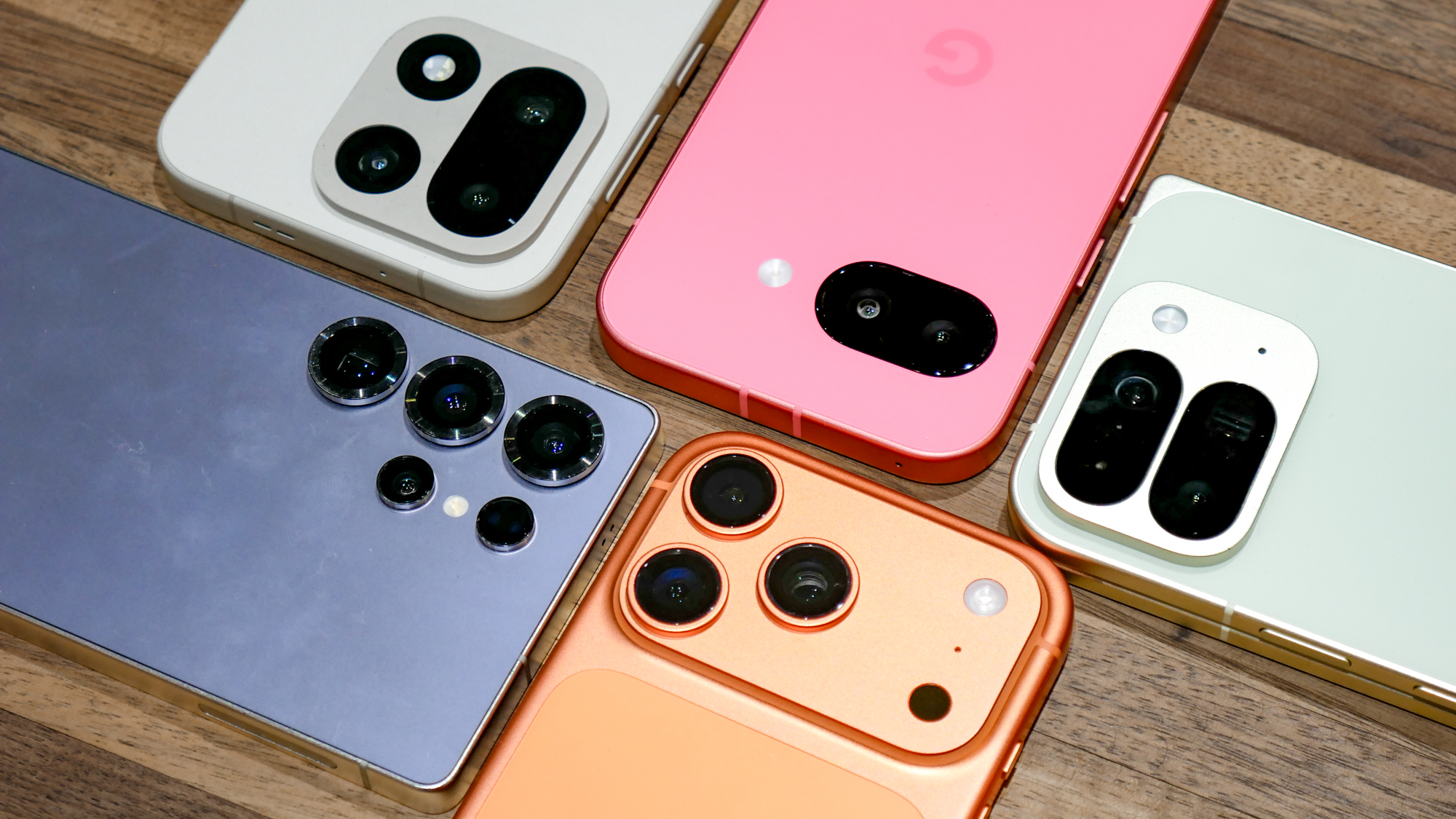
I get to test a lot of phones, conducting many a head-to-head photo face-off to find the best camera phones. And having now had a chance to shoot photos with all of this year's top releases, I think the iPhone 17 Pro is the best camera phone of the bunch.
I'm basing that call on a lot of camera comparisons, particularly with the Samsung Galaxy S25 Ultra, the other leading camera phone contender. In addition to all those tests, I'm also drawing on 17-plus years reviewing phones in which I've come to understand the controls and functions of a camera, and how to master them to get the best results.
The iPhone 17 Pro is the champ, having bested Samsung's top camera phone in a 200-photo showdown as well as head-to-head video comparisons. But don't overlook the S25 Ultra's AI ProVisual Engine and how it boosts performance.
For those who don't want to pony up a lot for a camera phone, the $499 Pixel 9a is exactly the kind of device you need, as it produces terrific photos and packs AI features that can help enhance the look of what you shoot.
As you can see, photo comparisons are crucial to our evaluations — I’ve pitted many of these phones against each other in our 200 photo face-off series. But beyond performance, I'm also looking for robust camera app interfaces filled with modes. Most phones have the essentials, like panorama and portrait mode, but the best camera phones add on other useful tools like manual modes, video portrait mode, and even dual capture.
Here's a summary of the best camera phones you can buy right now based on our head-to-head testing of each phone's camera capabilities.

I'm the senior editor for mobile at Tom's Guide, where I've been working since 2023. I've been covering mobile tech for 17 years in total, starting with old school feature phones and early smartphones powered by Palm OS and Windows Mobile. I'm a New Jersey native and keep up with the latest mobile tech.
The quick list
Here's a summary of the best camera phones you can buy right now based on our head-to-head testing of each phone's camera capabilities. Keep scrolling to find the in-depth reviews of every camera phone featured here.
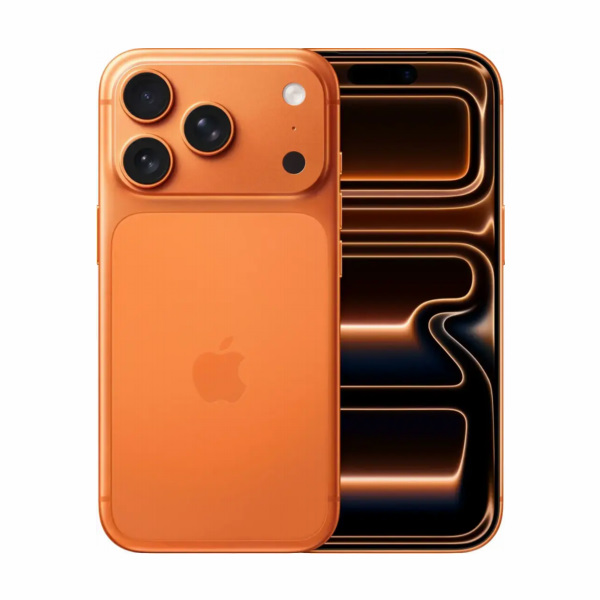
This year's iPhone 17 Pro gets treated to an upgraded 48MP telephoto camera with 4x optical zoom and a brand new Center Stage camera for more utility when capturing selfies. For pro users, there are also new video-centric features like support for ProRes RAW and Genlock.
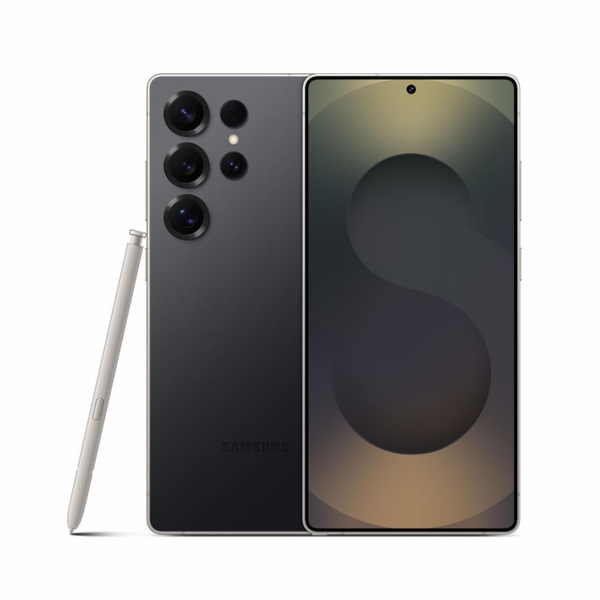
The latest Samsung flagship gains an upgraded 50MP ultrawide camera, but its performance is amplified thanks in part to the enhancements made to photos with the help of its new AI ProVisual Engine. There are also new Galaxy AI tools that can make photos look even better.
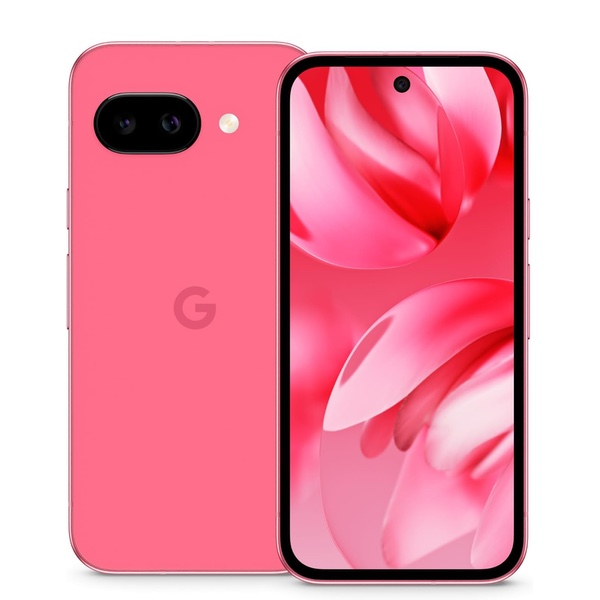
Google makes some key improvements to the Pixel 9a with a wider aperture on the main lens, plus the addition of support for macro photos and astrophotography. But it's the superior photo-processing features that make this phone a great budget buy.
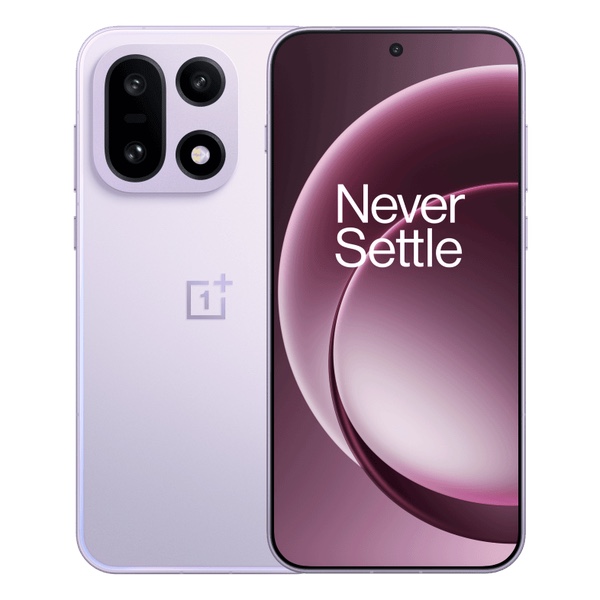
The OnePlus 15 is the Android camera phone to turn to if the S25 Ultra is out of your price range. New main and telephoto camera sensors improve performance and the camera app is a joy for creatives who like more control over their images.
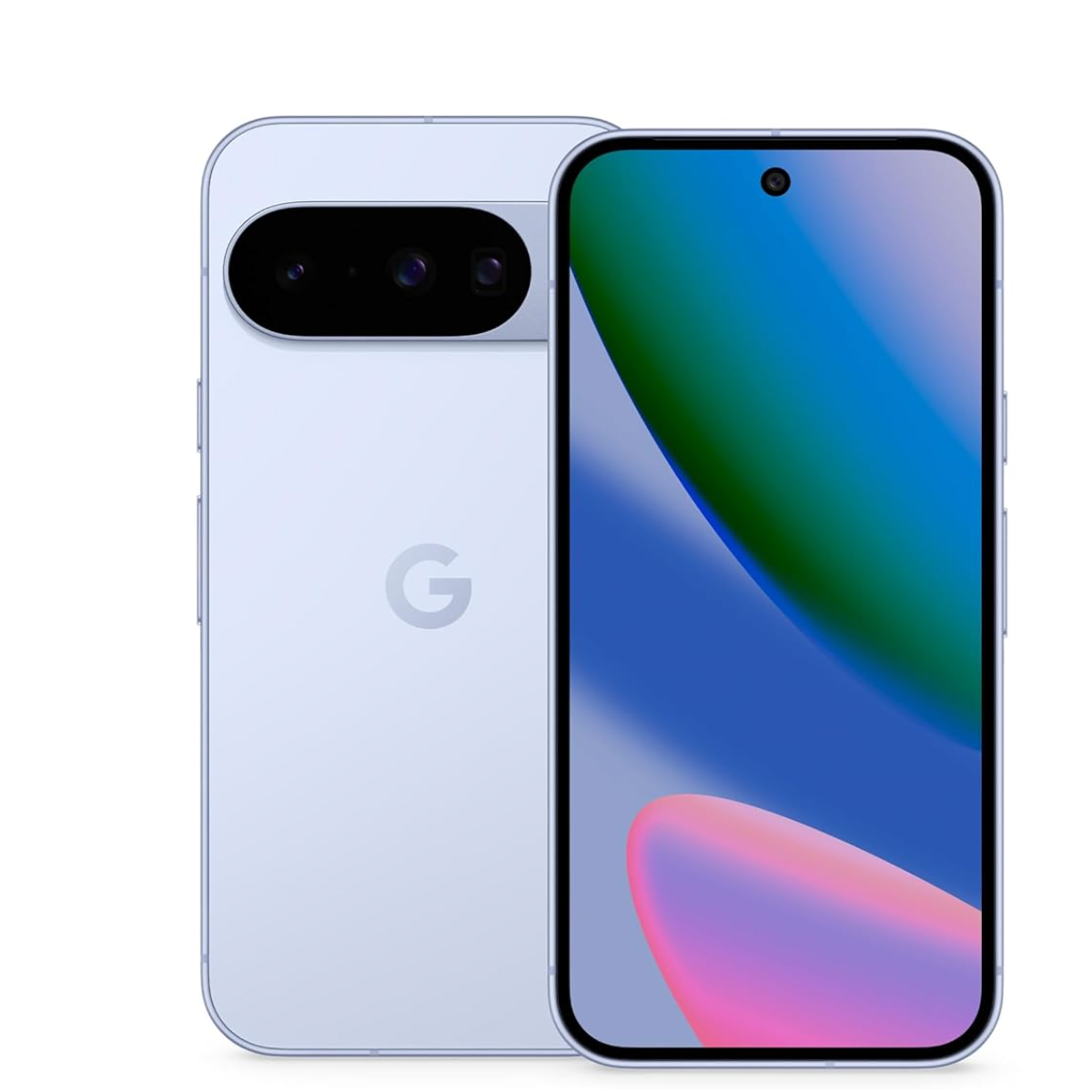
The Pixel 10 sets a precedent for all phones around the $799 range because it's one of the few to sport a triple camera system, complete with a dedicated telephoto camera with 5x optical zoom, which effectively gives it the same range as other $1,000+ phones. Plus, it's backed by exceptional AI-assisted editing tools.
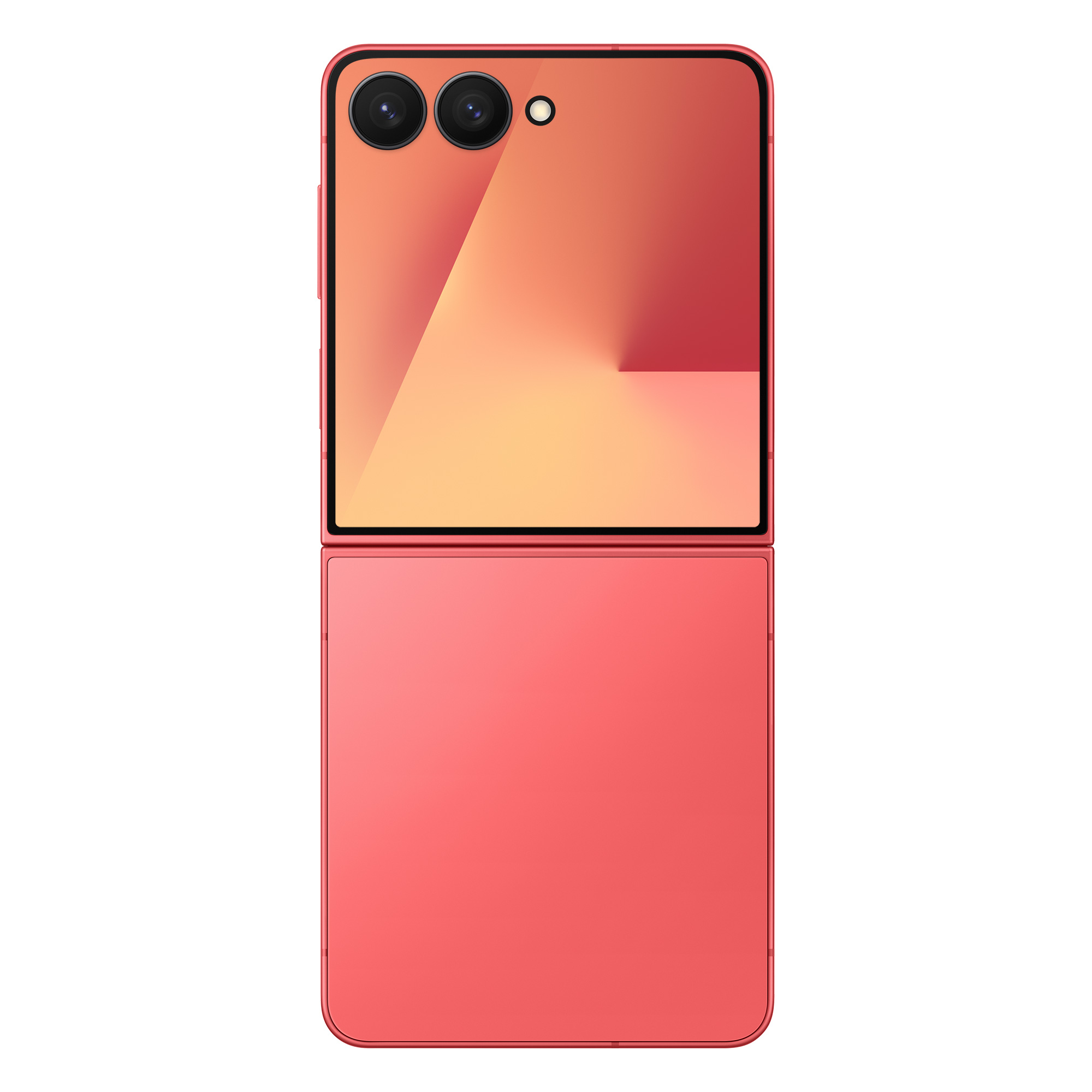
Samsung made few hardware changes to the cameras on this year's flip phone. But the Flip remains the best option among foldable for phones for its controls, flexibility and improved image processing. For vloggers, it's my top pick because of the ability to preview the recording with the outer screen.
How to choose the best camera phone
Obviously, the best camera phone needs to have the tools, performance, and hardware to need your exact needs. That's different for everyone, but the first thing you need to ask yourself is what's your budget. It plays a role on what kind of cameras you can expect to get, like how mid-range phones have at least a dual-camera setup. Most flagships have triple camera setups, which come with dedicated telephoto cameras and often start out at $1,000.
Another thing you need to determine to find out how to choose the best camera phone is what you'll be using it for. I think the average person would be content by phones with dual cameras, which oftentimes consist of a main shooter paired with an ultrawide.
However, the best foldable phones offer a unique advantage over the average slate phone. Since they have two screens, one main and one outer display, they give you the extra ability of using their better cameras for vlogging and selfie shots. While they're just as expensive, they've come down in price — with some flip style phones costing just as much as a mid-range one.
I think it's also good to research what phones have manual modes and extra features. All camera phones have the basics, but the pro-level camera phones give creators more tools. For example, some of them let you capture photos in RAW, flat color profile with LOG recording, and there are even some phones that can shoot portrait video for that cinematic look.
Lastly, it's absolutely necessary to look at camera specs — though maybe not the ones you're thinking about. Don't be fooled by big megapixel numbers, since it's what a lot of phone makers do. Instead, you'll want to look at the sensor size, aperture of the lens, and also their field of view. For example, a faster aperture (like f/1.8 versus f/2.2) would allow a camera to gather in more light — resulting in sharper details and better low light performance. Likewise, a wider field of view for the selfie or ultrawide camera ensures you'll get more of the scene from the same vantage point.
The best camera phone overall
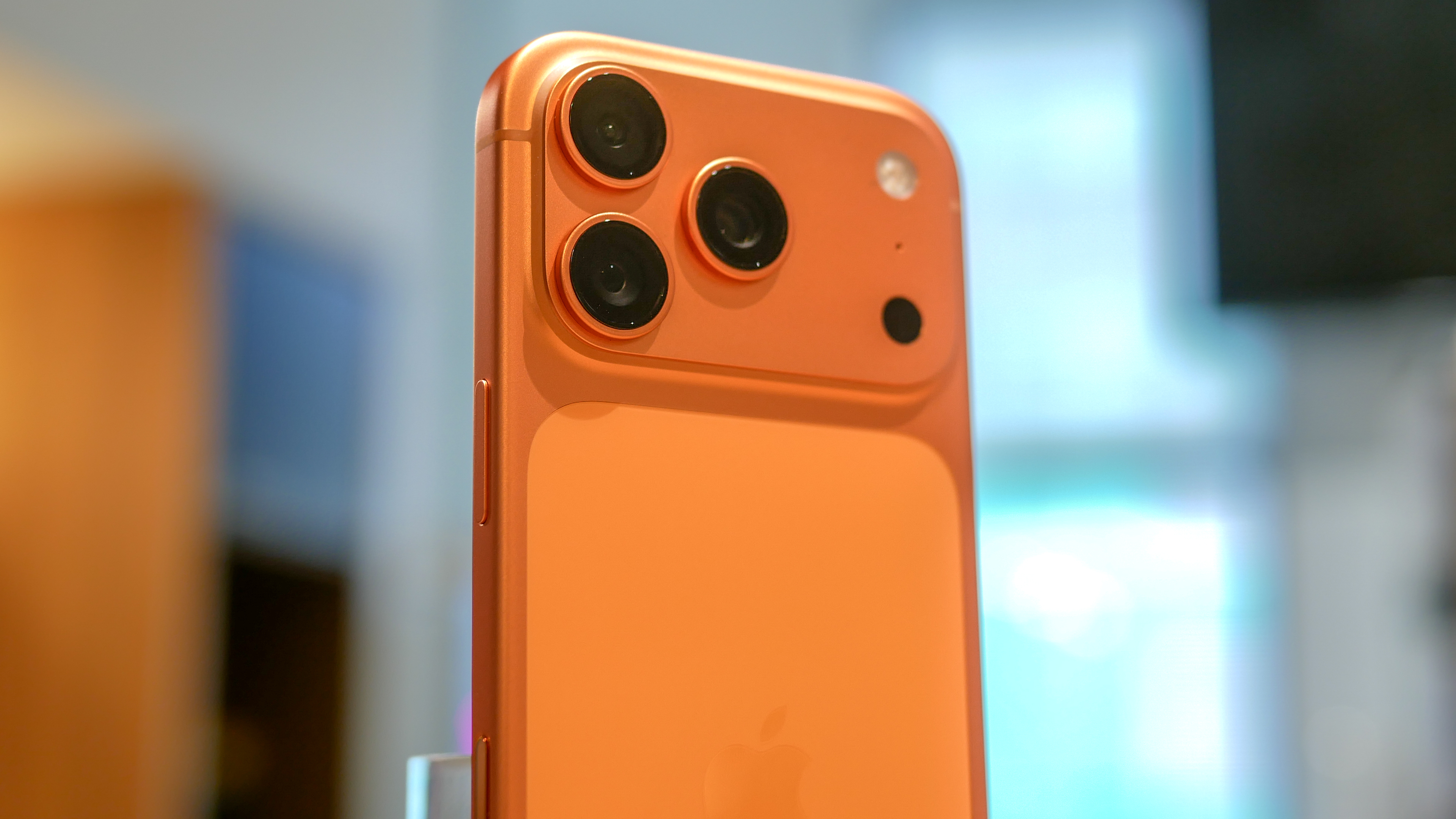

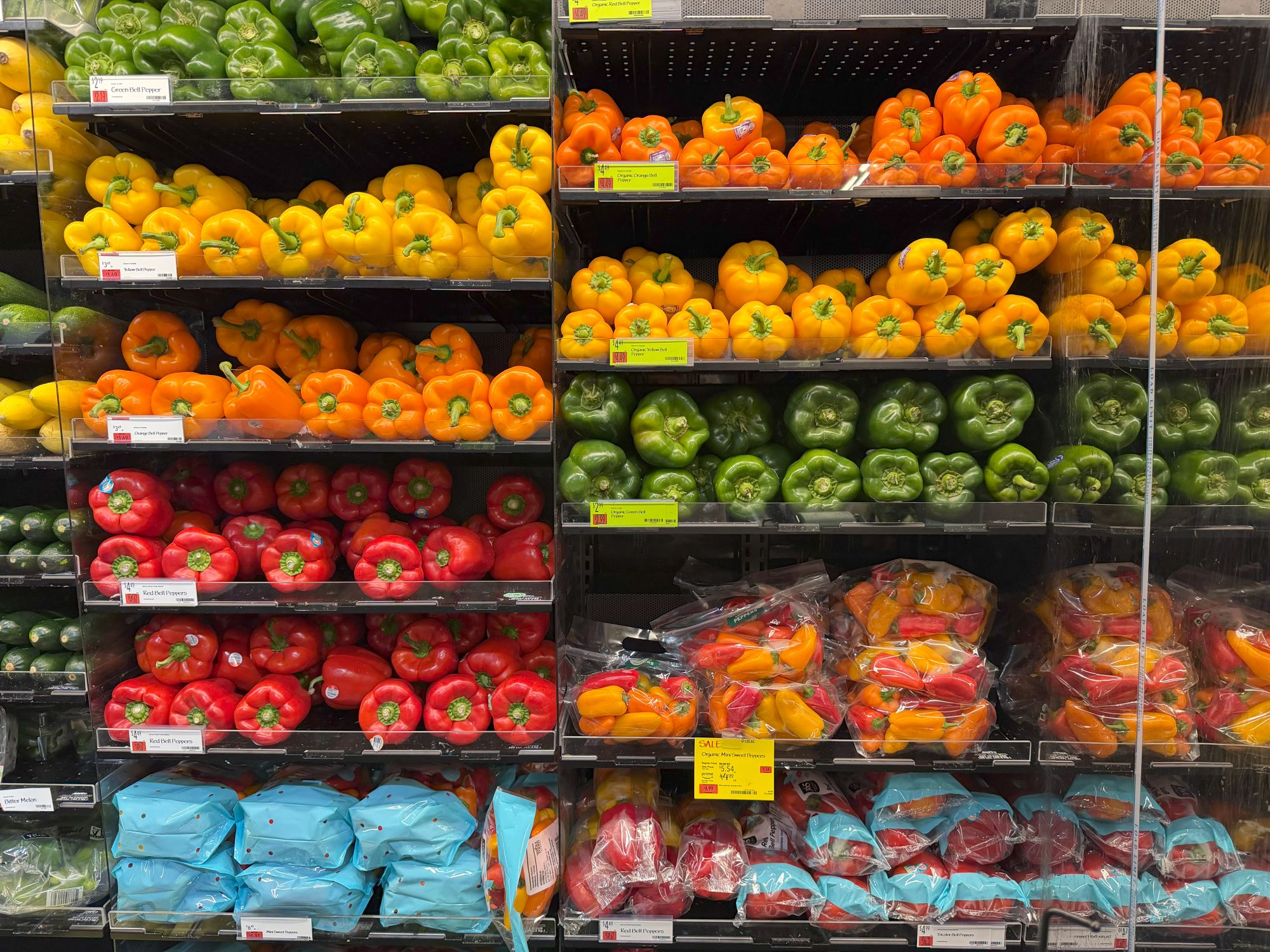
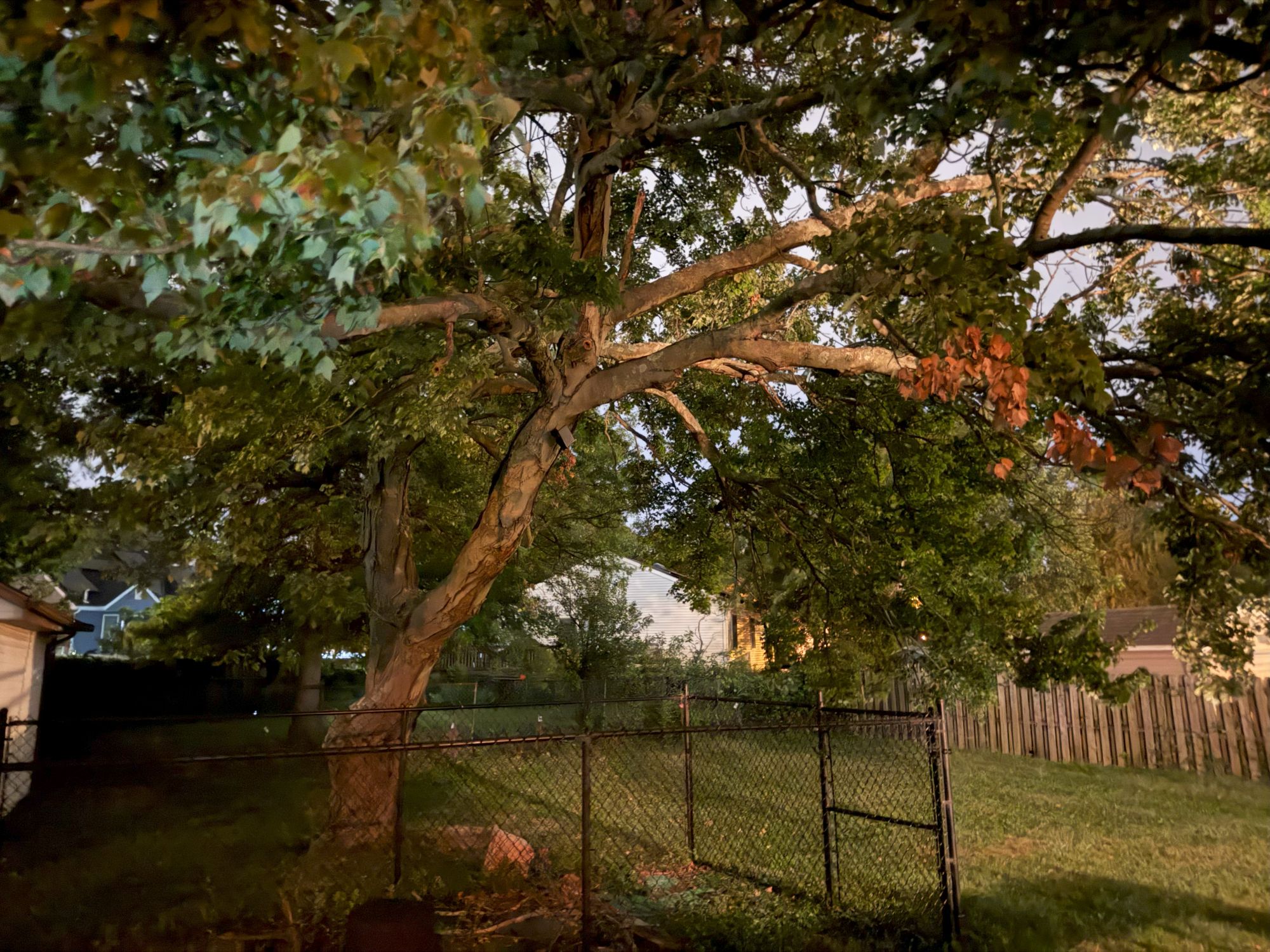
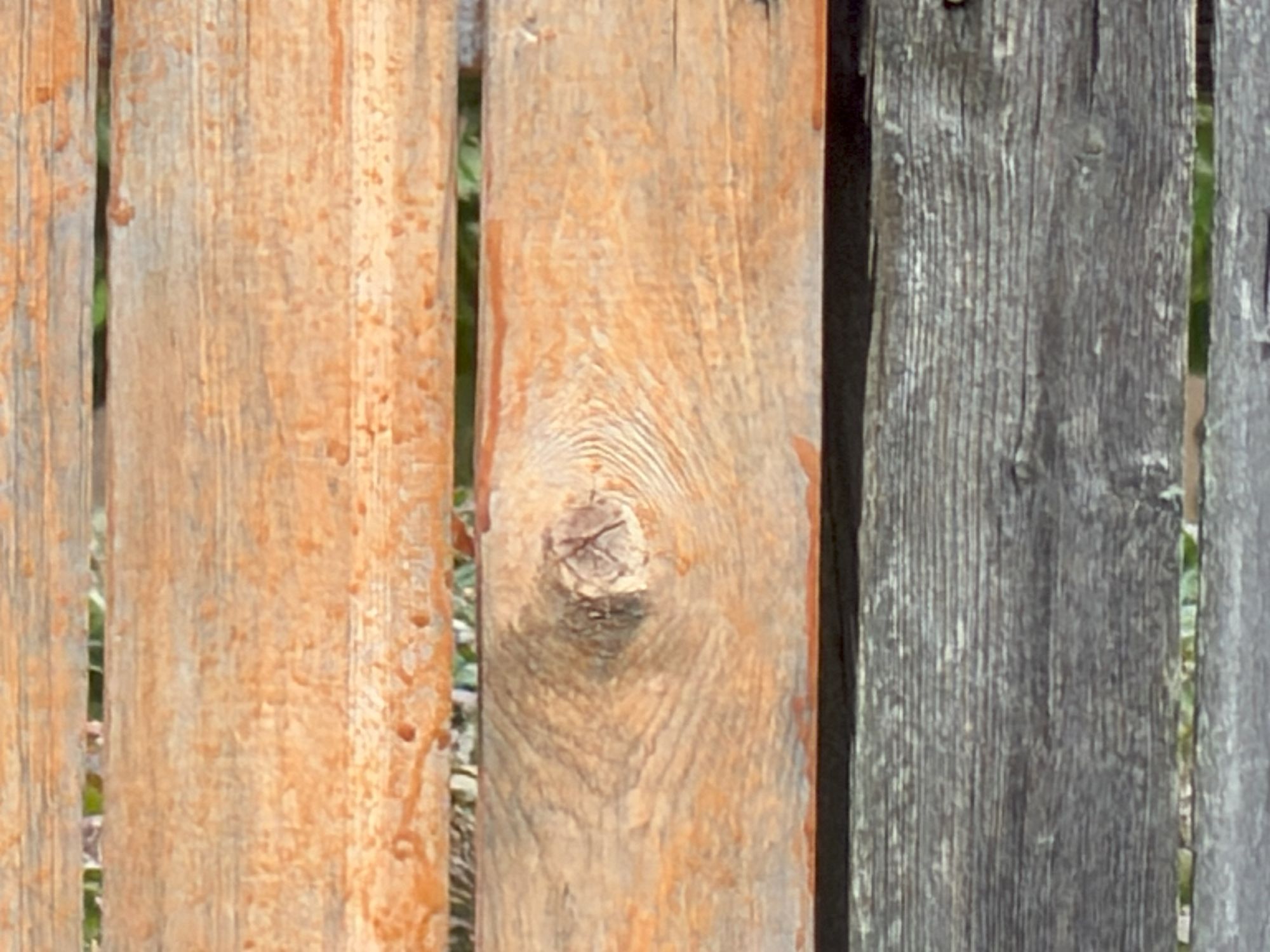

Specifications
Reasons to buy
Reasons to avoid
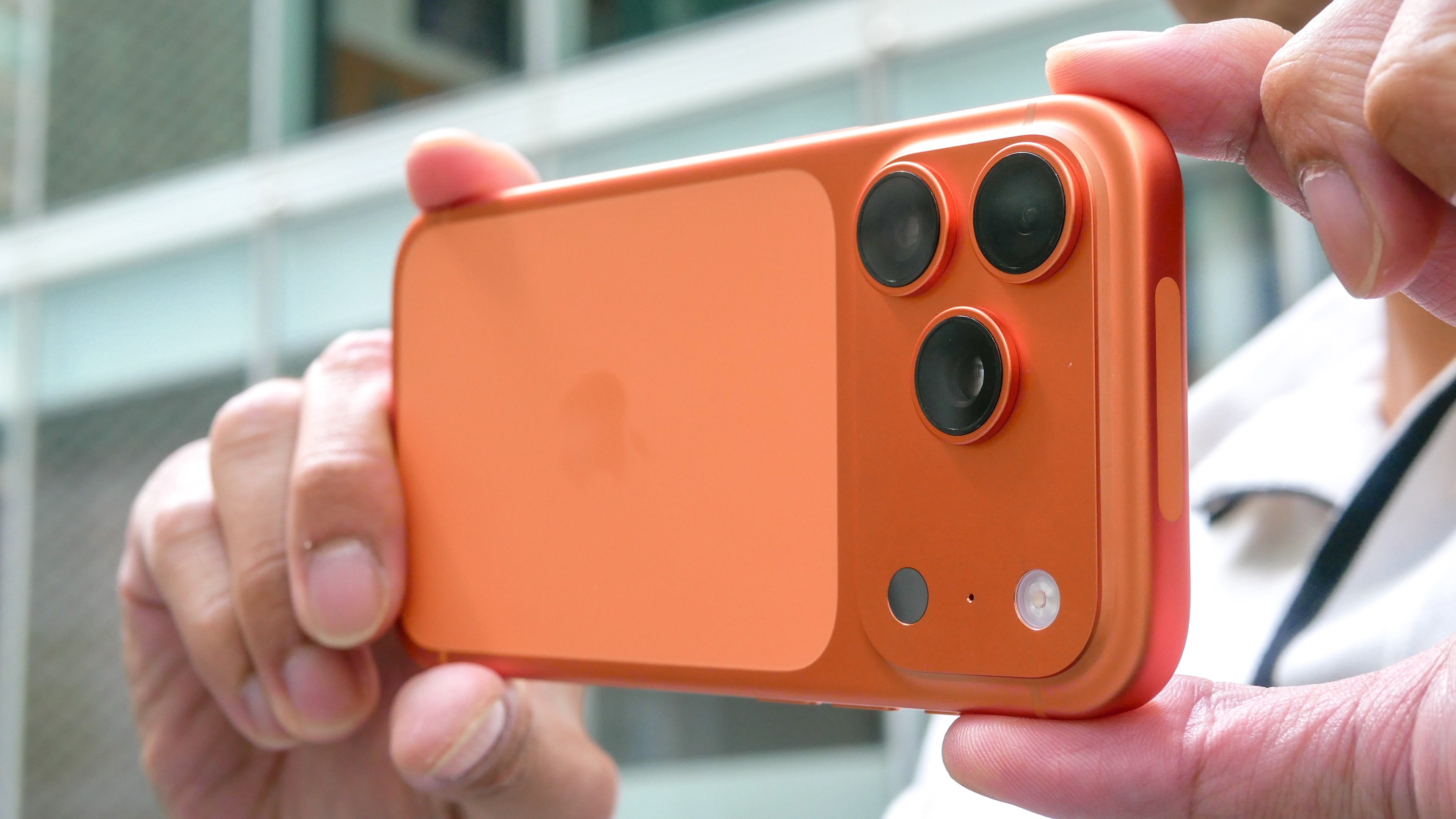
The iPhone 17 Pro and iPhone 17 Pro Max have matching camera setups, but the former costs $100 less. In addition to my iPhone 17 Pro Max vs Galaxy S25 Ultra camera face-off, I look at the telephoto camera's optical range and how it compares to older Pros. Plus, I put the new telephoto camera to the test against some of the iPhone's main rivals.
Point to a camera on the back of the iPhone 17 Pro, and Apple has you covered with its exceptional range. The biggest change this year is the updated 48MP telephoto camera with 4x optical zoom, up from the iPhone 16 Pro's 12MP telephoto with 5x optical zoom. Additionally, the front camera gets upgraded to an 18MP Center Stage camera that makes it even easier to capture selfies.
Having good specs on paper is one thing, but the iPhone 17 Pro delivers great results in my hands-on testing, with brighter and more detailed action shots, colors that looked more natural in images shot by the ultrawide lens, and some of the best low-light photos I've seen. Zoom performance is debatable, as the iPhone manages to take sharp images with excellent detail at 4x and 8x zoom, but it can look softer at over 10x zoom. The S25 Ultra and Pixel 10 Pro look sharper in longer zooms.
The Camera Control button on the side of the iPhone 17 Pro still makes it easy to launch the camera, snap photos and even control different modes without have to use any on-screen controls. And with its new 18MP Center Stage camera, it's a breeze taking selfies because no matter how you hold it, portrait or landscape, you have access to the same four framing options — and there's an auto framing option as well.
The iPhone 17 Pro Max duplicates the standard Pro's camera setup and its features, including the new Dual Capture feature that lets me record video using the front and rear cameras simultaneously. But the iPhone 17 Pro Max also costs more than the iPhone 17 Pro for a largely similar experience. That's why I recommend the Pro unless you really need a larger display.
Read our full iPhone 17 Pro review.
Best camera phone runner-up
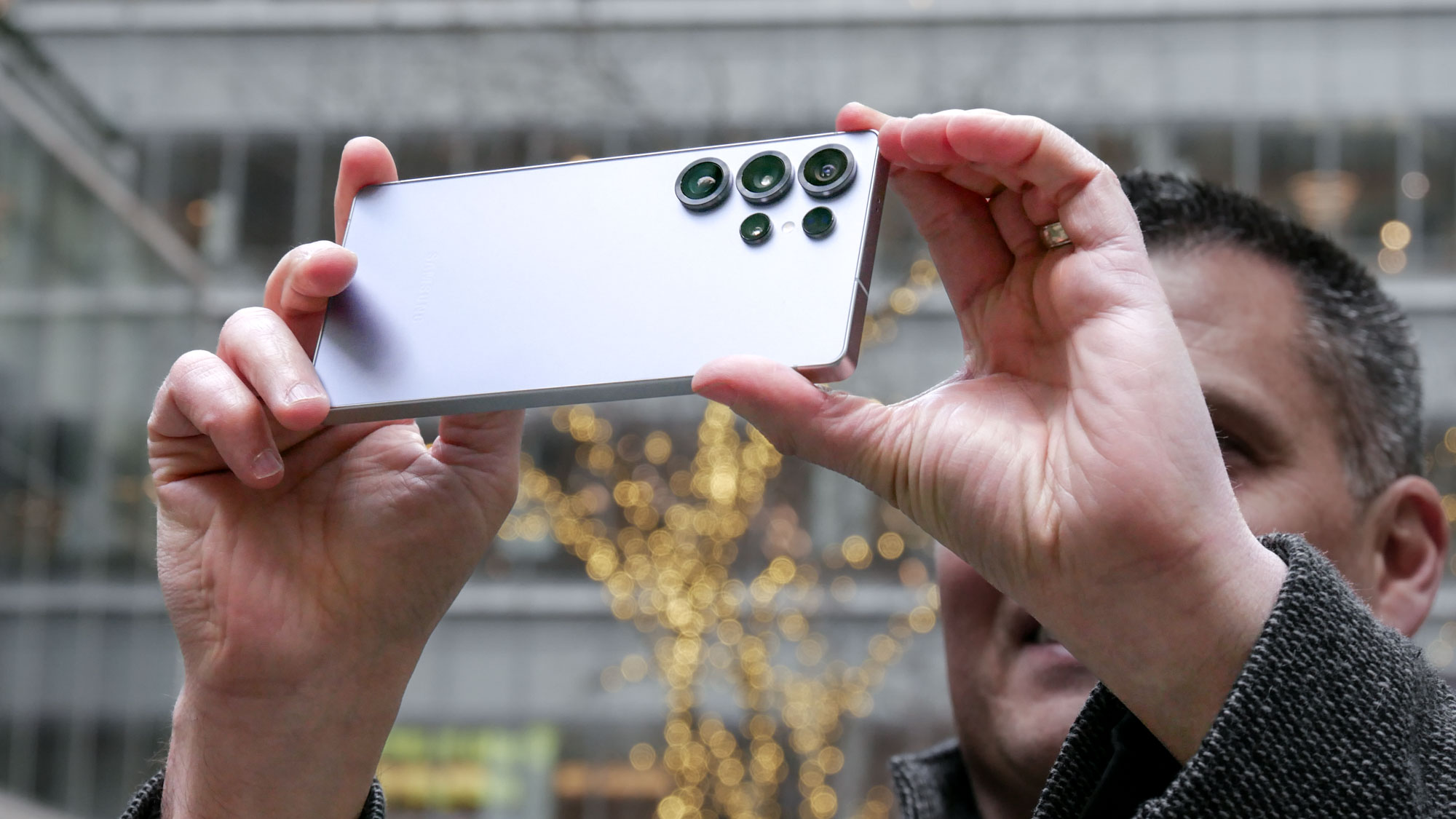


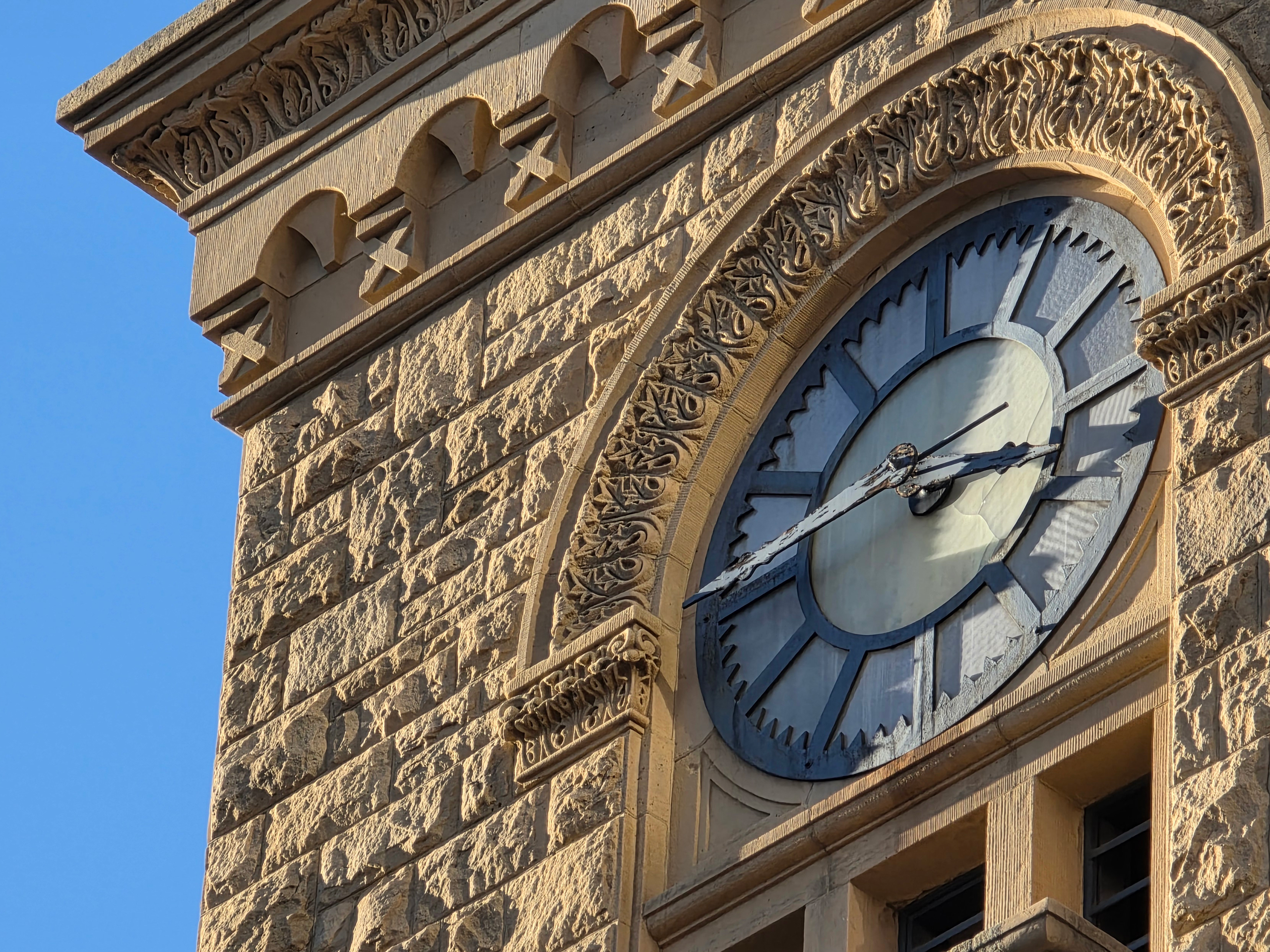

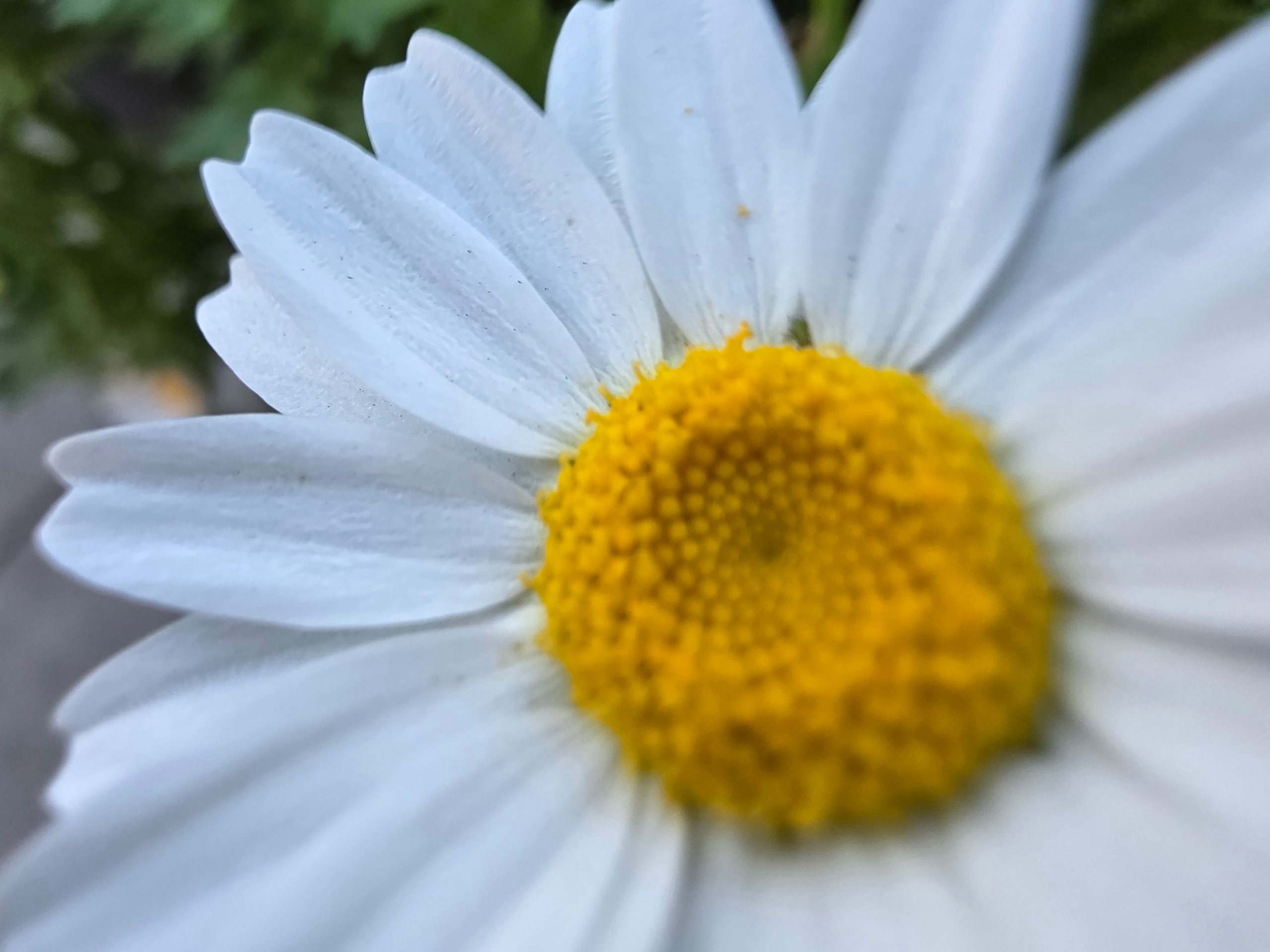
Specifications
Reasons to buy
Reasons to avoid
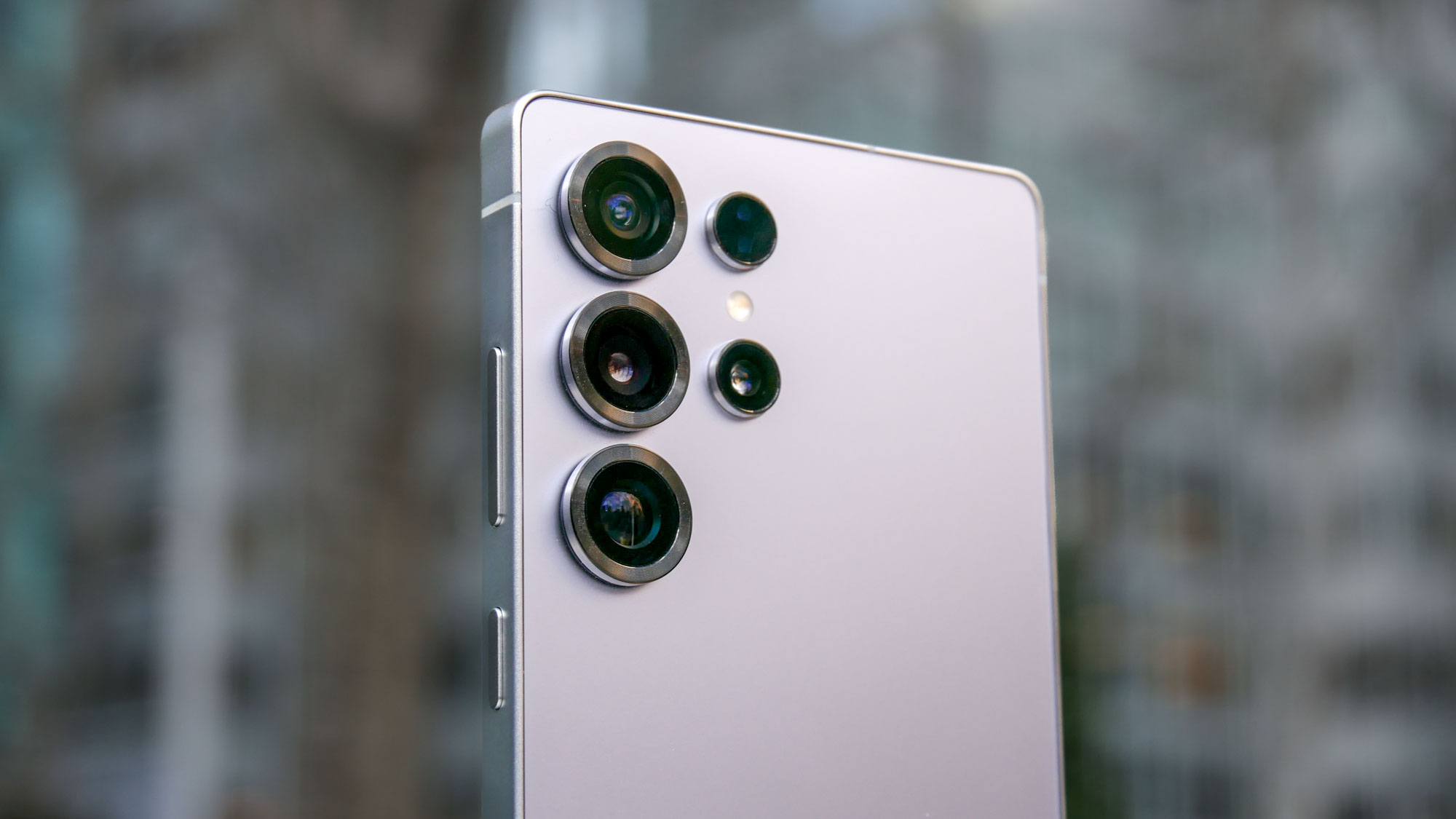
While low light photos and selfies propel the latest iPhones ahead of the Galaxy S25 Ultra in those camera comparisons, don't sleep on the Ultra's zoom and macro shots. The Galaxy S25 Ultra did top the Pixel 10 Pro XL in a more recent camera face-off.
If you’ve used a Galaxy S Ultra lately, you know exactly the kind of camera performance to expect from the Galaxy S25 Ultra. The camera setup is similar last year's model, with the exception of an upgraded 50MP ultrawide camera and a new AI ProVisual Engine. As a result, it pulls in more detail and offers better macrophotography performance.
The Galaxy S25 Ultra comes back with a 10MP telephoto with 3x optical zoom paired with a 50MP telephoto with 5x zoom. It still supports a 10x zoom by shooting images at full 50MP resolution and then cropping in on an area of detail. It works well just as before, but it does pull out slightly sharper results thanks to the image processing algorithms with the new AI ProVisual Engine.
I do like the AI tools Samsung includes for photo-editing, like the ability to resize and move around the subjects of a photo with the help of generative AI. But the great thing about the S25 Ultra is that it has the most comprehensive camera software around, I'm talking stuff that pros and creators crave. Of course, it also has the highest starting price of any of the camera phones ranked here.
When I tried astrophotography with my Galaxy S25 Ultra, I didn't realize then that there was a hidden mode for it through the Expert RAW app. On top of that, the S25 Ultra is a video camera beast complete with tools I use like Pro Video mode that lets me controls the shutter speed and ISO — plus LOG video recording and the ability to use a wireless microphone.
Read our full Samsung Galaxy S25 Ultra review.
The best low cost camera phone
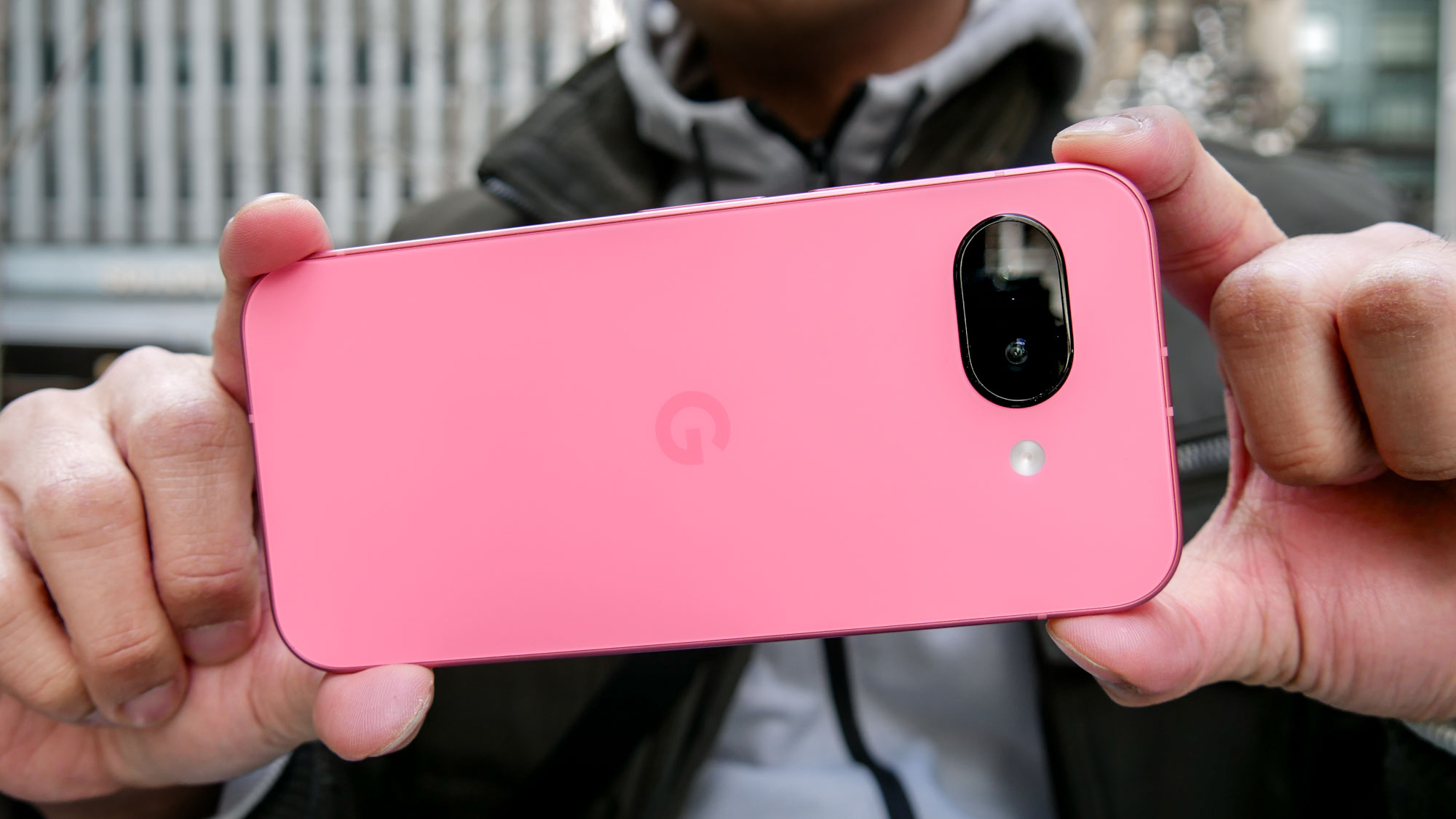
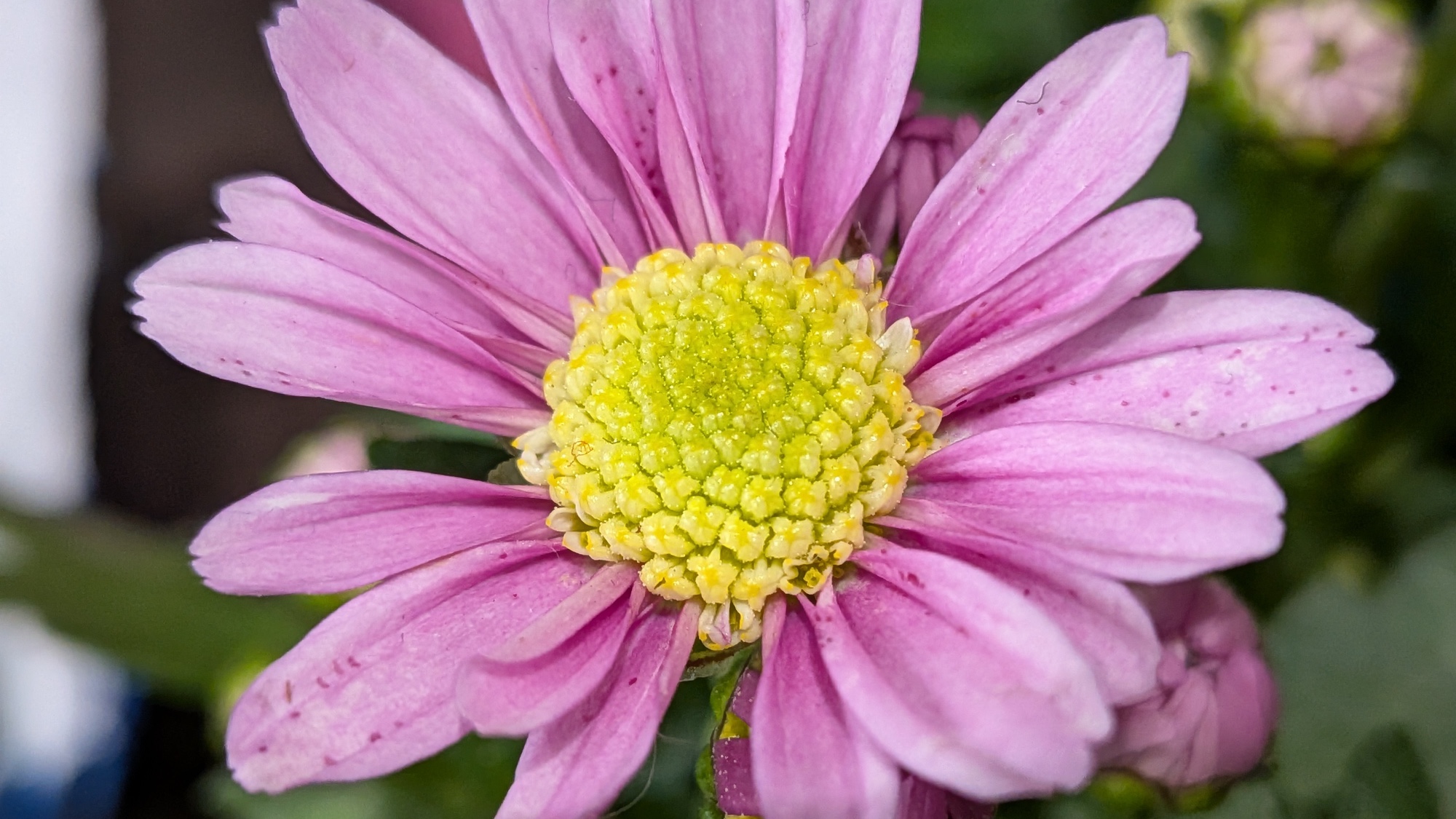

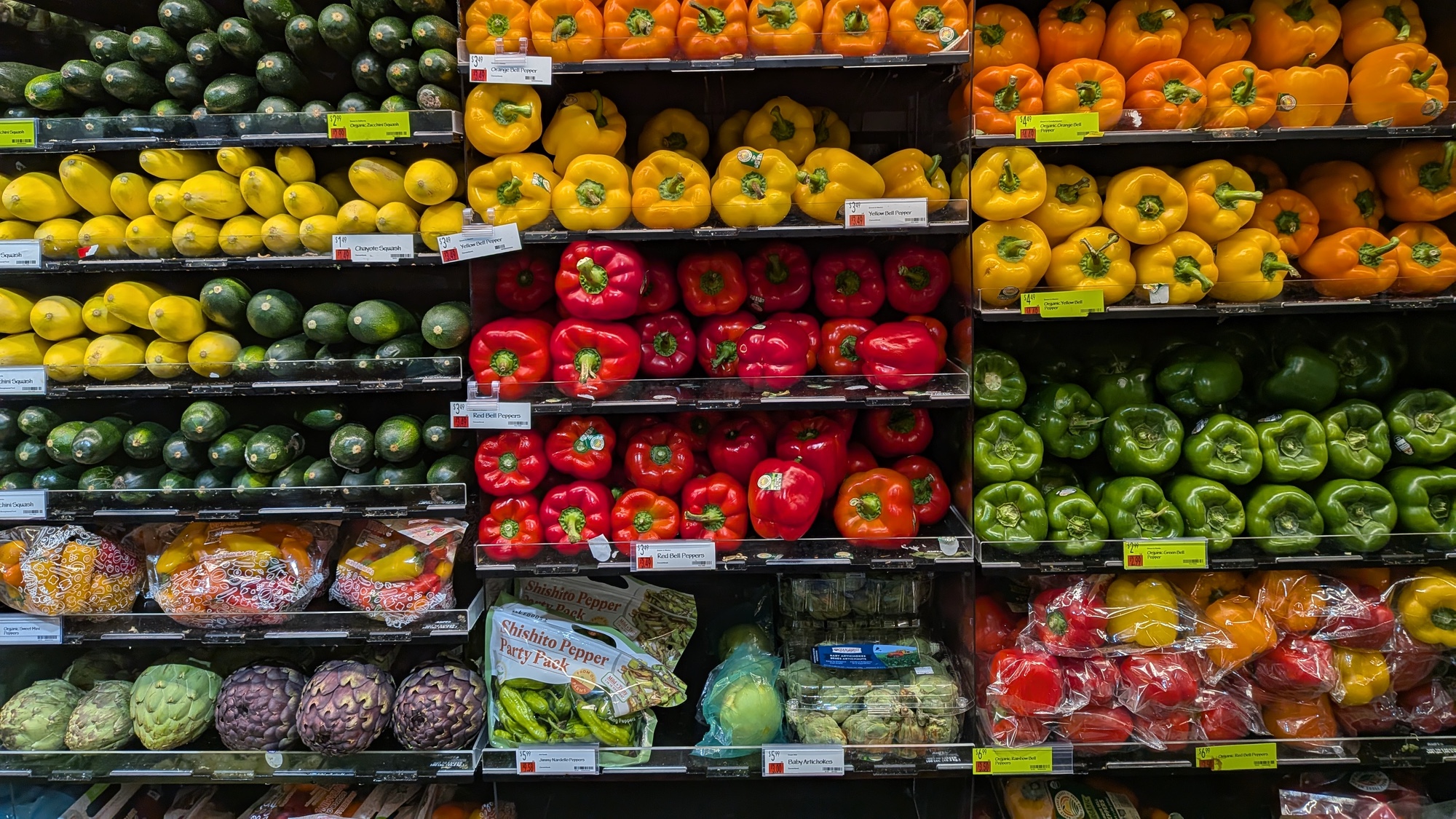

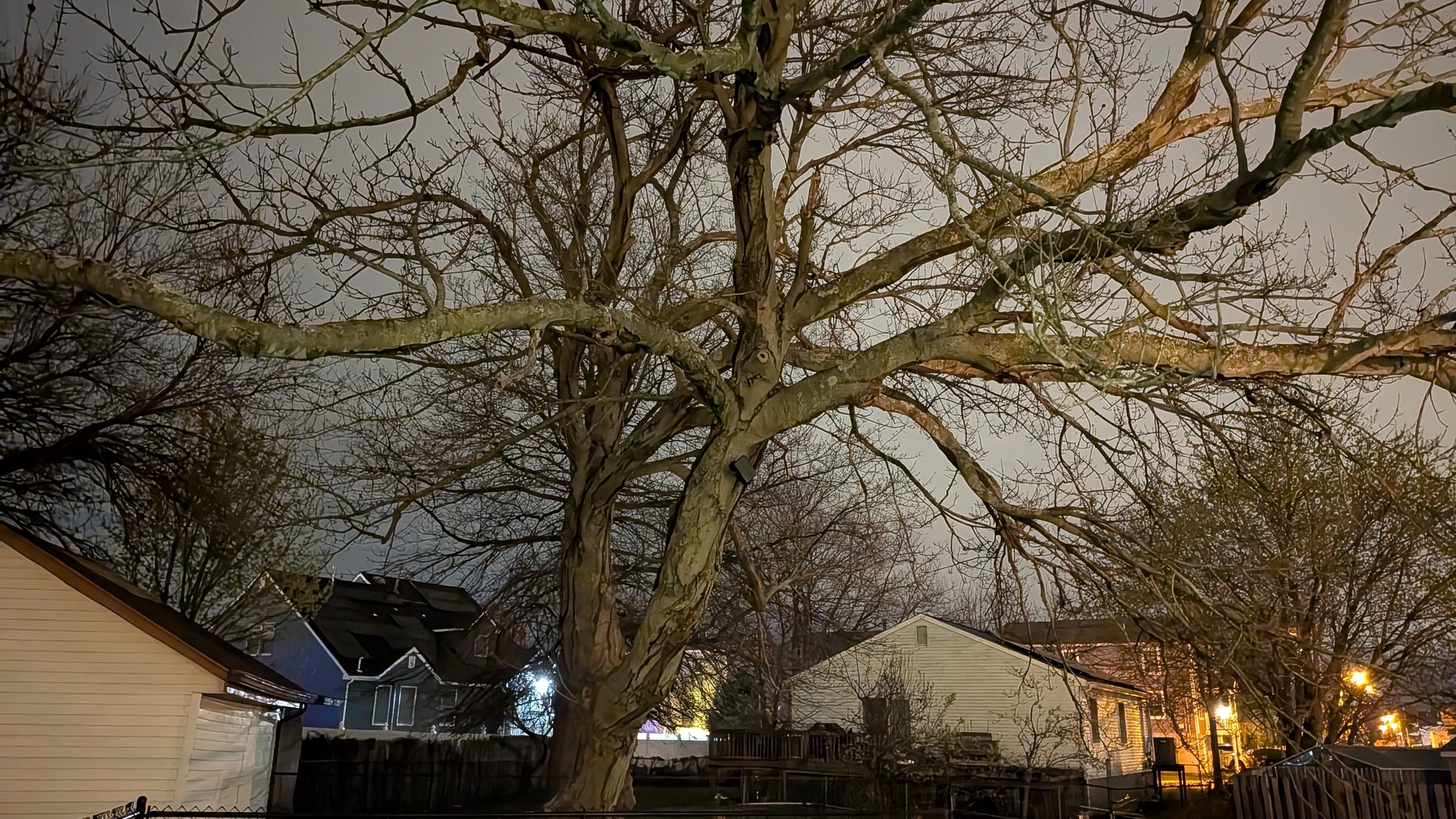
Specifications
Reasons to buy
Reasons to avoid
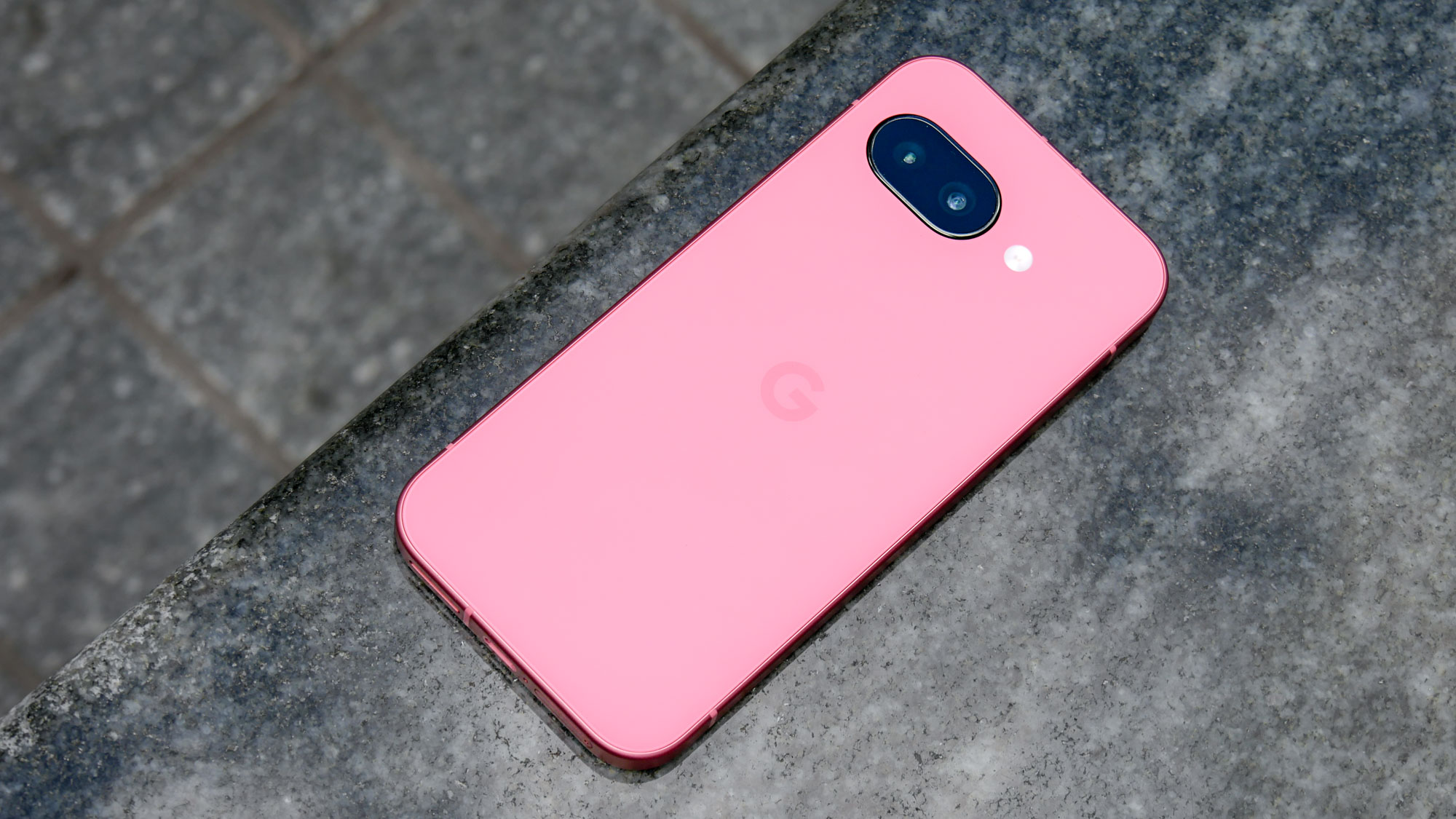
Know why I'm convinced that the Pixel 9a is best cheap camera phone you can buy? Because I did a head-to-head camera comparison between the Pixel 9a and the iPhone 16e, and Google's $499 phone beat back the pricier model from Apple. You can also read the results of my astrophotography tests with the Pixel 9a.
If you want a top camera phone but don't want to pay up for a flagship, you'll love the Pixel 9a. Like previous Google A series phones, this new model delivers excellent shots while costing a little less than $500. But the Pixel 9a also happens to be a big step up from its predecessor when it comes to camera performance.
It may not seem that way on paper, as the Pixel 9a offers a 48MP main camera compared to the 64MP shooter that the Pixel 8a offered. But the aperture's wider on the new phone, so it captures more light. That meant better photos when we shot in low light while testing the phone, as you can see in our 100-photo Pixel 9a vs. Pixel 8a camera comparison. The Pixel 9a adds support for macro photos and astrophotography, too.
When I tried out the Pixel 9a cameras, I was impressed by the accurate color reproduction. I also liked the saturation and contrast produced by the 13MP front camera on Google's phone. While the iPhone 16e takes better zoom shots in my opinion, I appreciated the flexibility of the Pixel 9a's two rear camera setup and how good its overall output looked compared to what the iPhone produced. If I don't want to spend big on a camera phone, I'm reaching for the Pixel 9a.
And that's just covering the output of the Pixel 9a cameras. The phone also supports the latest AI features from Google, including tools like Add Me for adding yourself to a group shot even if you're the one tasked with the photo. Throw in a longer lasting battery that means you won't have to worry about running out of power when you take out your camera phone, and the Pixel 9a is a big step up for budget camera phones in every way.
Read our full Google Pixel 9a review.
The best Android camera phone
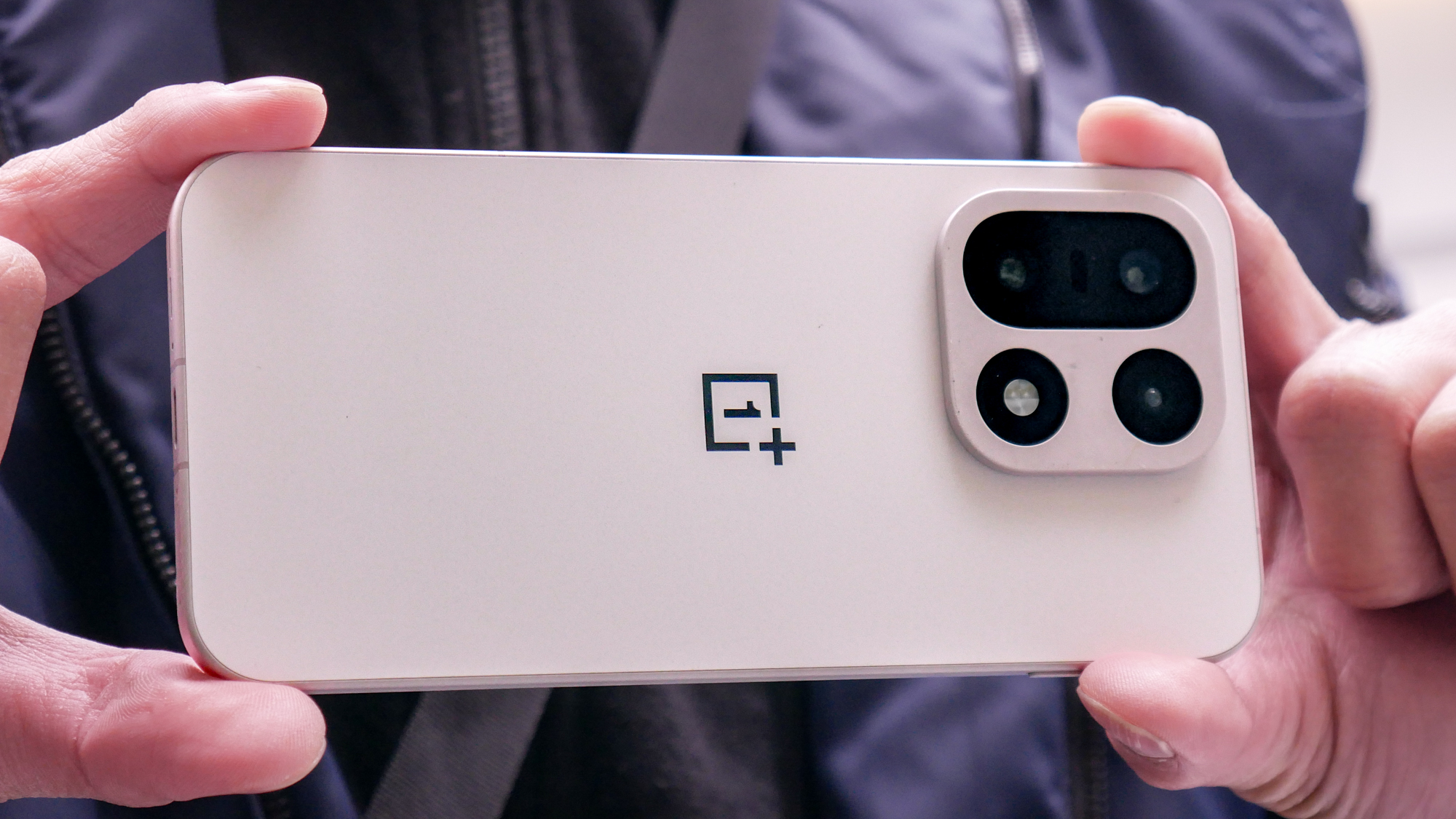



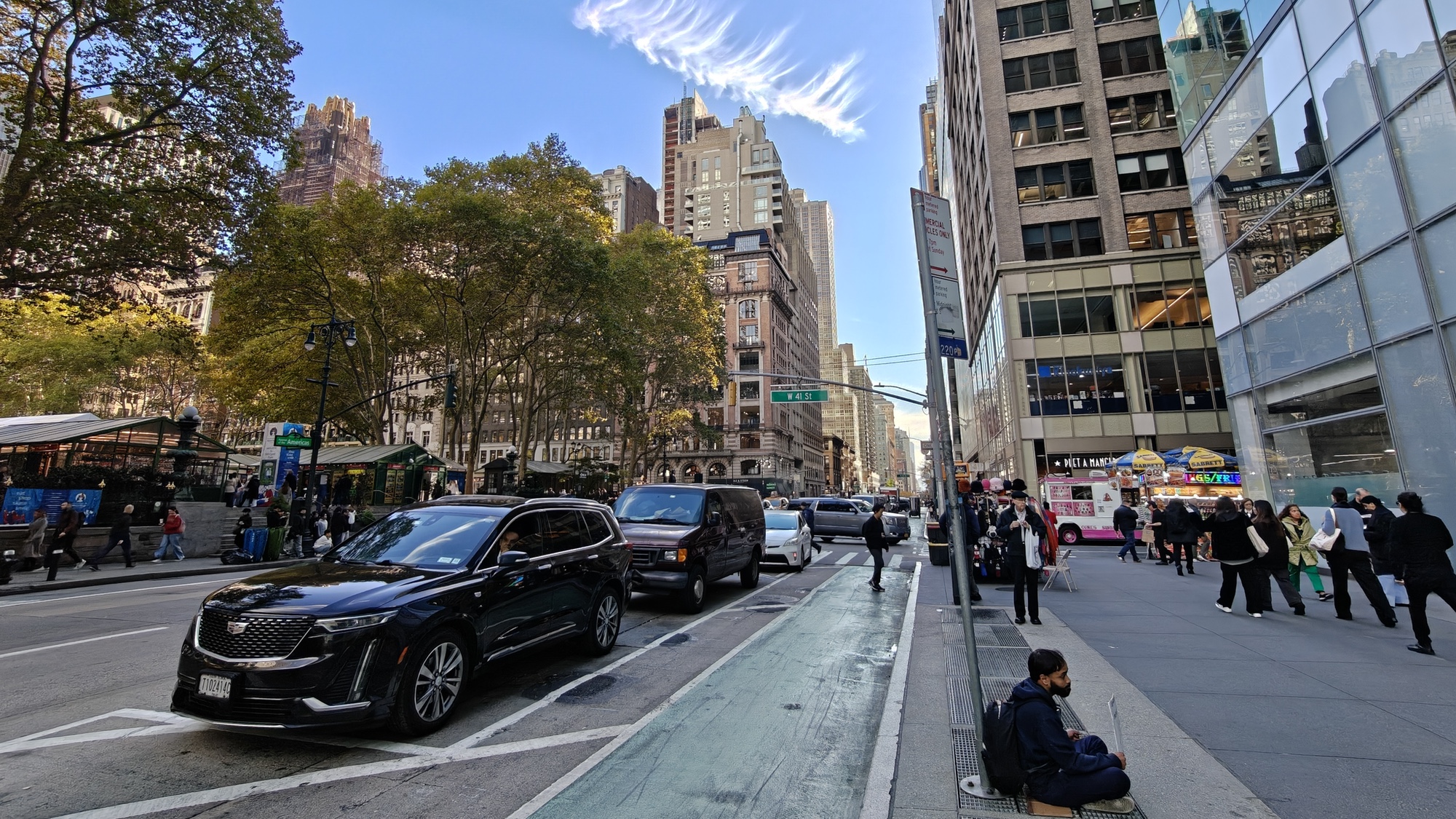
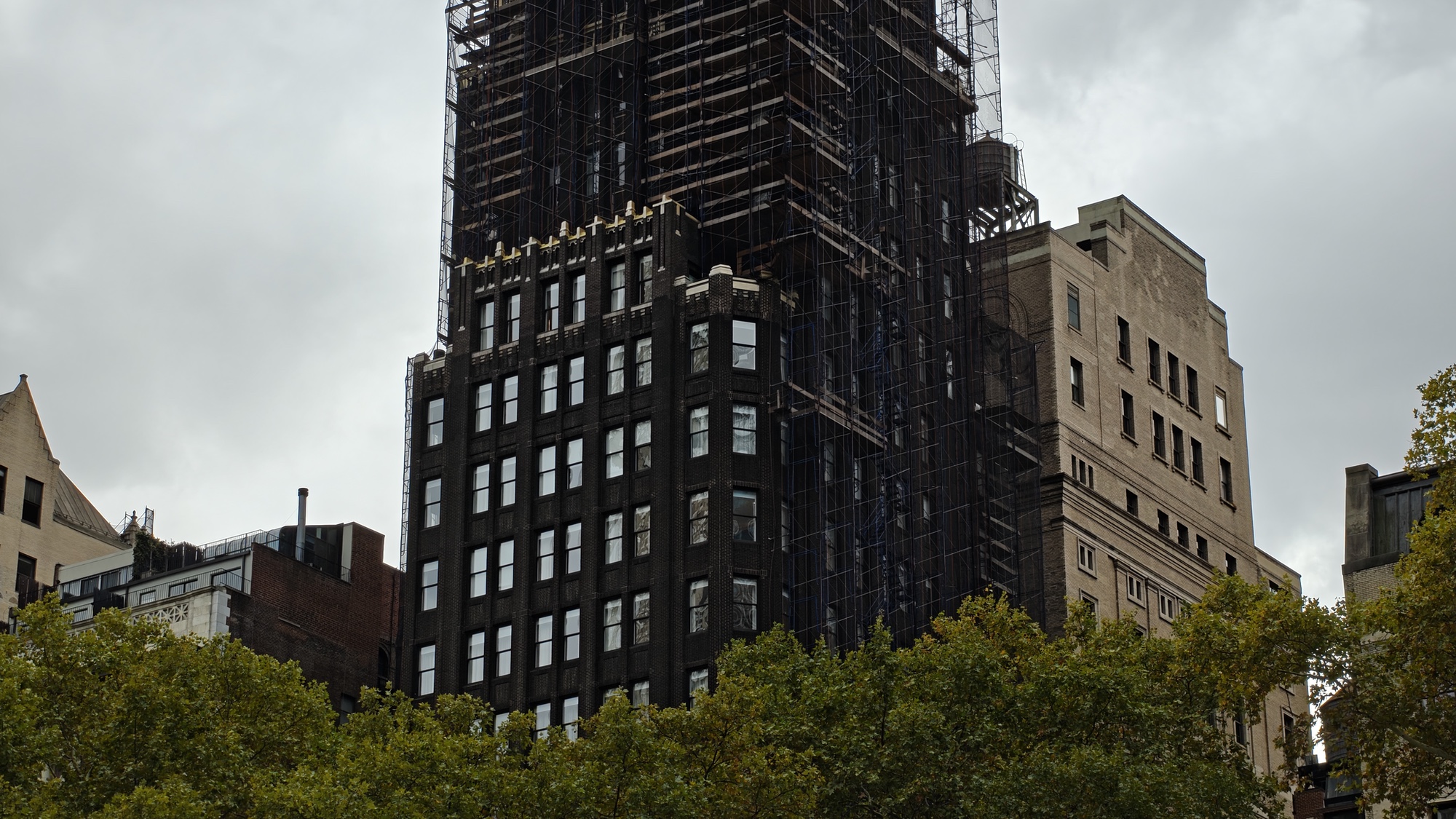
Specifications
Reasons to buy
Reasons to avoid
In a sense, not much has changed with the camera setup on the OnePlus 15, which has the same triple 50MP rear sensor setup as its predecessor, the OnePlus 13. (OnePlus skips over any number 4 in its version numbers.) But dig a little deeper, and you'll find that while the megapixel ratings haven't changed, the main and telephoto sensors themselves have. That results in better camera performers, especially compared against other top camera phones.
Using the OnePlus 15, I found that the new camera produced brighter images with sharper details that compared favorably to the latest iPhone and Galaxy S models. In particular, the ultrawide camera on the OnePlus 15 yields very detailed images, and colors looked bright if a tad overexposed in some OnePlus 15 shots.
If zoom shots are critical to you, I'd look elsewhere — zooms aren't as sharp as they look on the Pixel 10 Pro, partly because Google's phone supports a 5x optical zoom versus 3.5x on the OnePlus 15. The AI on the OnePlus 15 can also get overly aggressive cleaning up digital zooms, I think.
Still, if you want an Android camera phone, and don't want to pay up for the Galaxy S25 Ultra, the OnePlus 15 is a solid alternative, as it's cheaper than both the Pixel 10 Pro XL and Galaxy S25 Plus. It's also got a bigger screen than the Pixel 10, making on-device photo edits easier. The multi-day battery life on the OnePlus 15 also means you'll always have a great camera phone at the ready. A robust camera app and support for Pro Video mode, dual-recording, 8K capture and native 4K 120fps recording complete the picture.
Read our full OnePlus 15 review.
Best flagship camera phone value
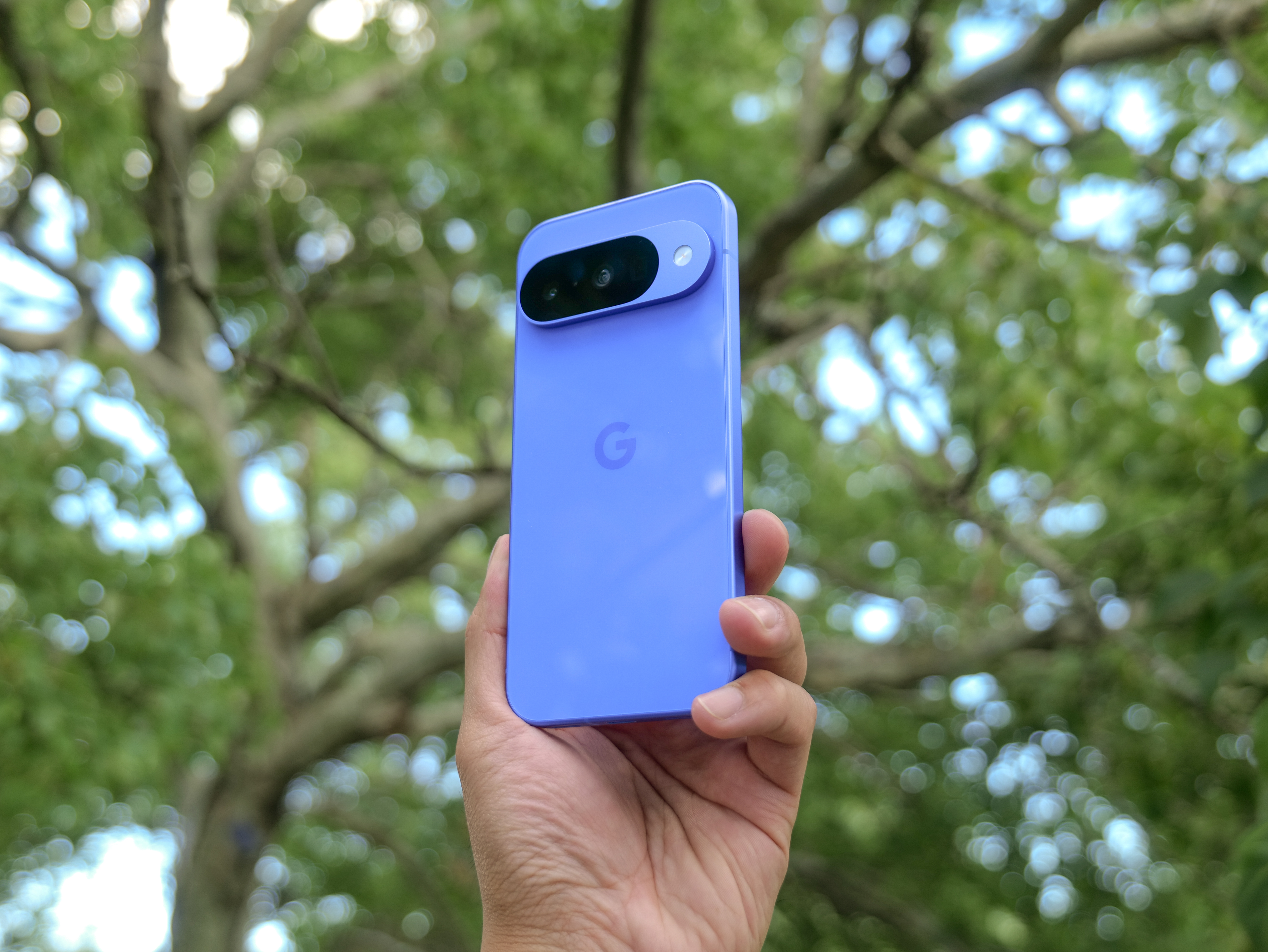

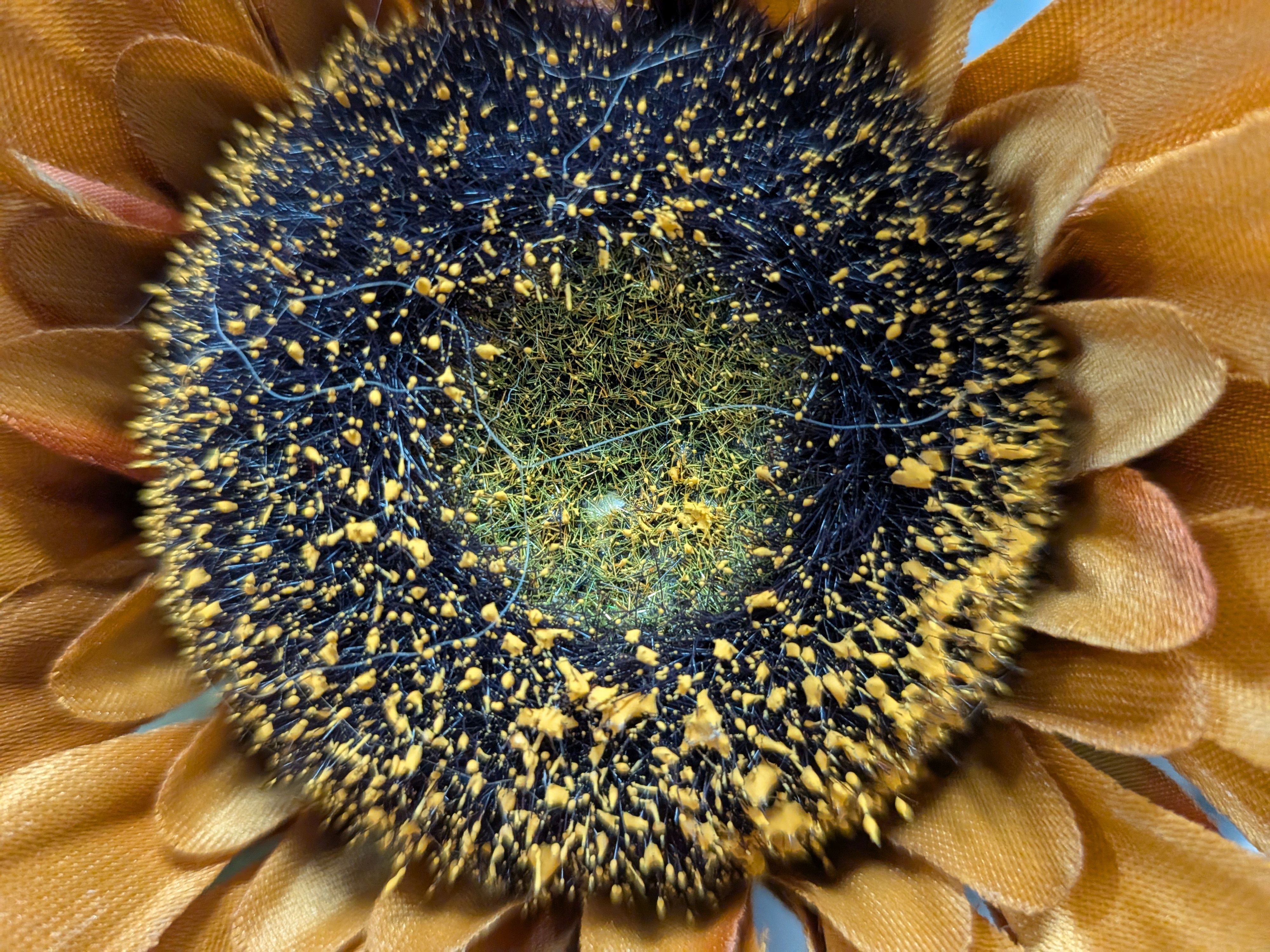
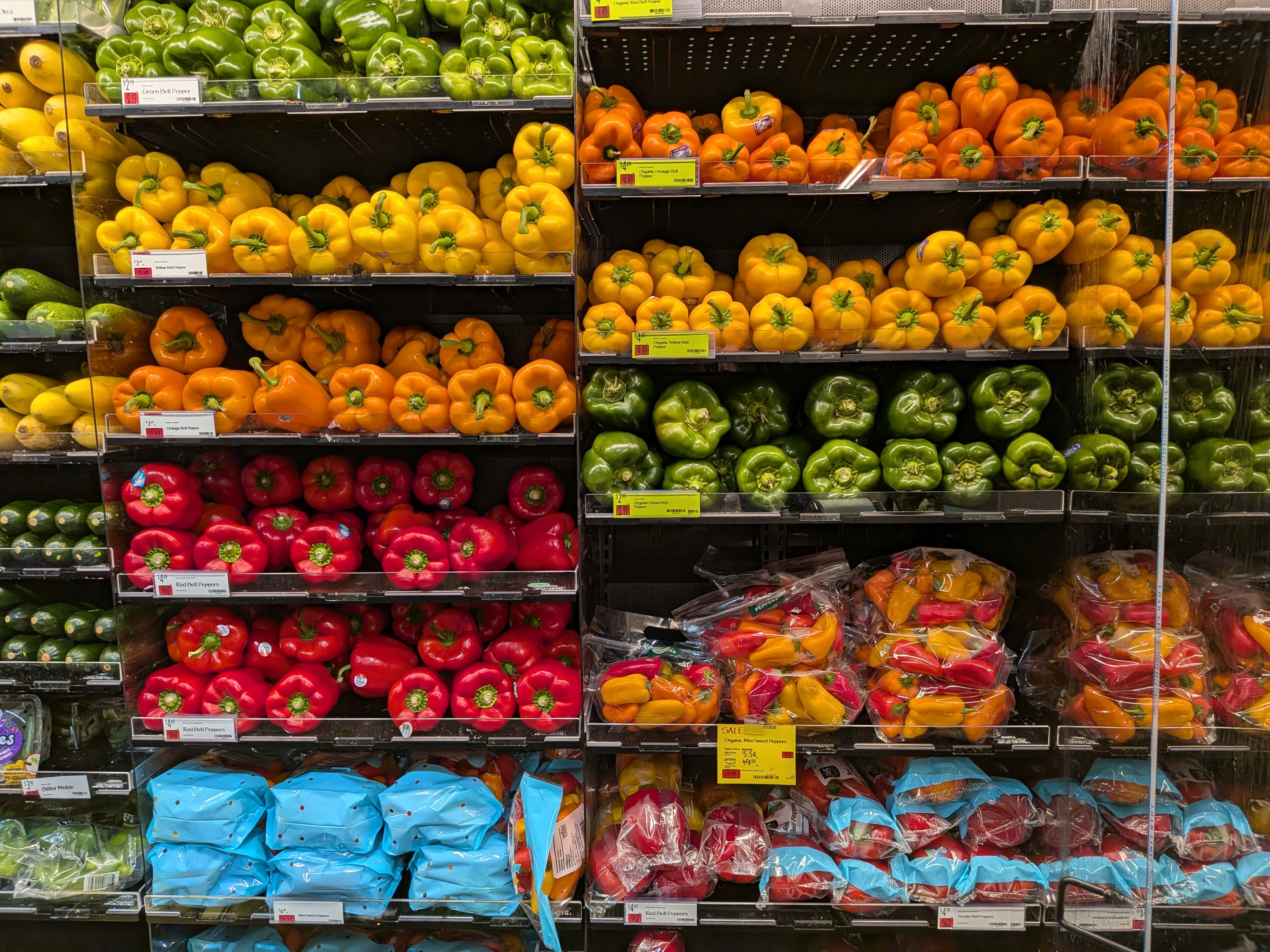

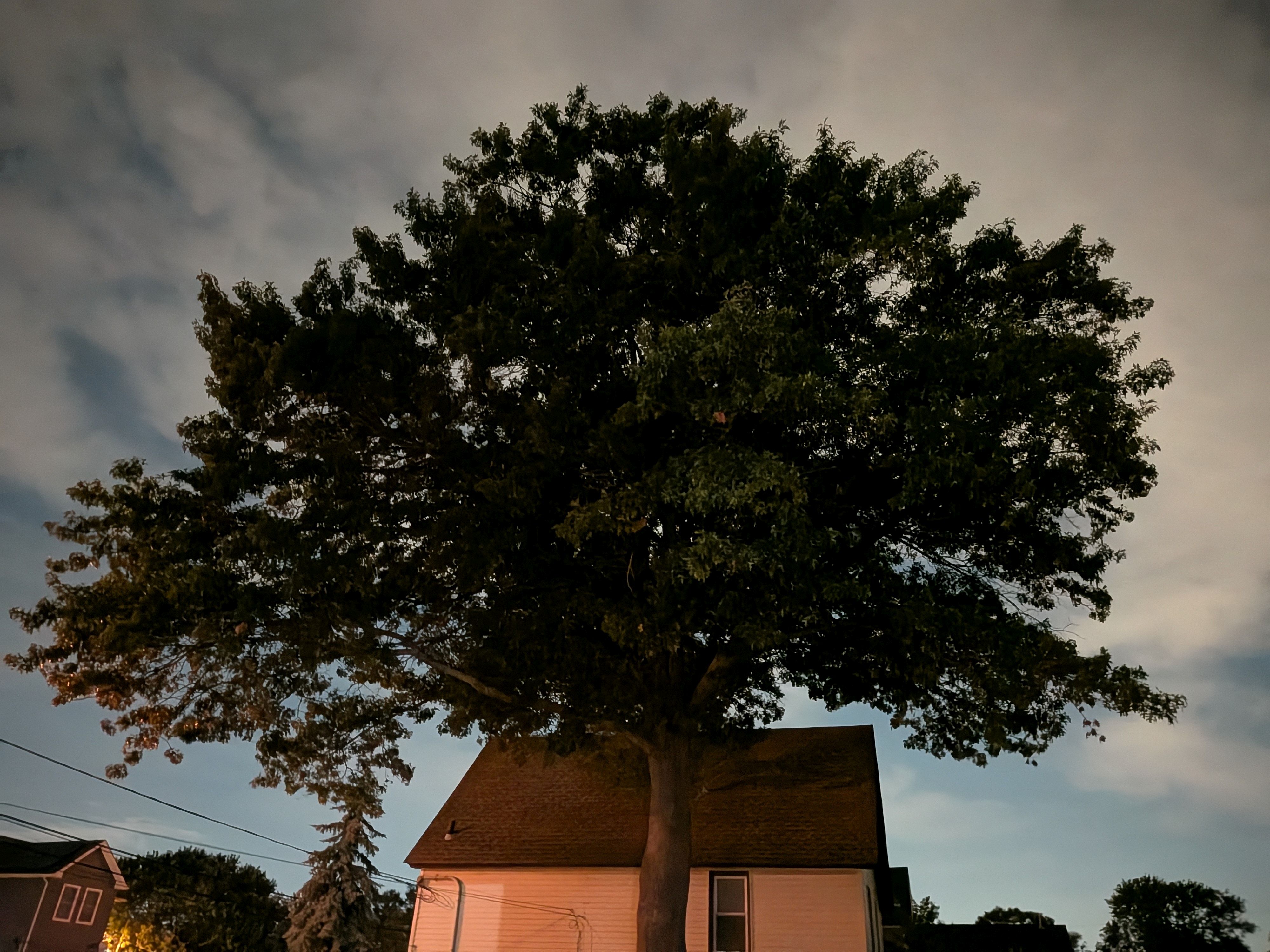
Specifications
Reasons to buy
Reasons to avoid
You don't need to spend $1,000+ on a phone to get a versatile camera setup. While the Galaxy S25 is a good option, the Pixel 10 is much better in my opinion because Google's latest $799 flagship model finally gets its own telephoto camera.
Instead of just a dual camera setup, the Pixel 10 now has a triple camera system that includes a 10.8MP telephoto camera with 5x optical zoom. That's important because at this price range, you won't find any other phone that matches it. Meaning, it has the utility to capture near, wide, and far.
Against the iPhone 17, I find the Pixel 10 offers the superior telephoto zoom performance that's significantly better at capturing details. But beyond zooming, the Pixel 10 also excels in key areas with its 48MP main and 13MP ultrawide cameras.
I also find its various shooting modes and AI-editing tools just as important to the experience, as its new Auto Best Take features uses generative AI to give me options to swap faces. Over on the editing side, the Ask Photos changes the way I edit photos because I can speak or type what I want changed — and it does it with accurate results.
Read our full Pixel 10 review.
The best foldable camera phone
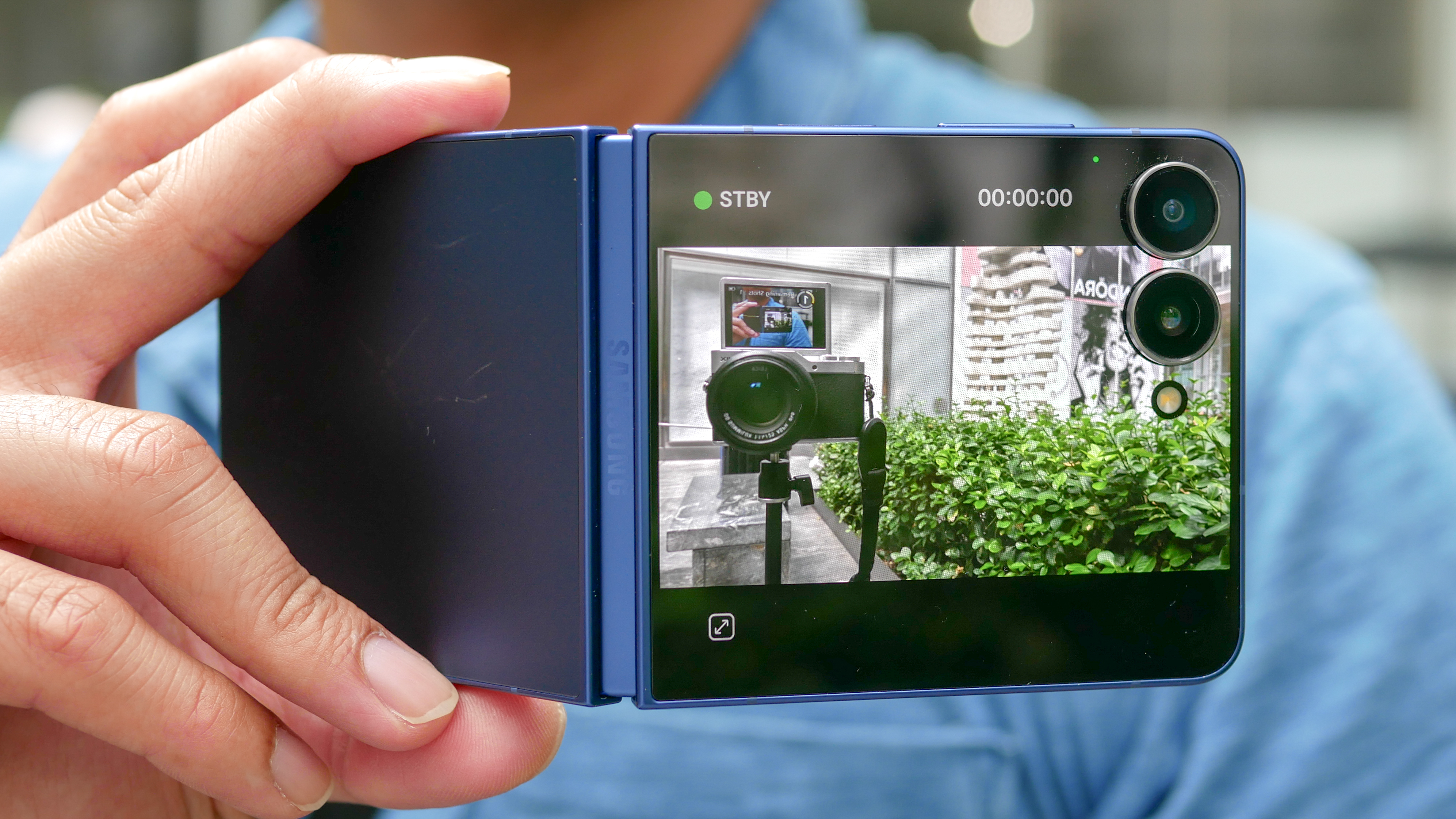


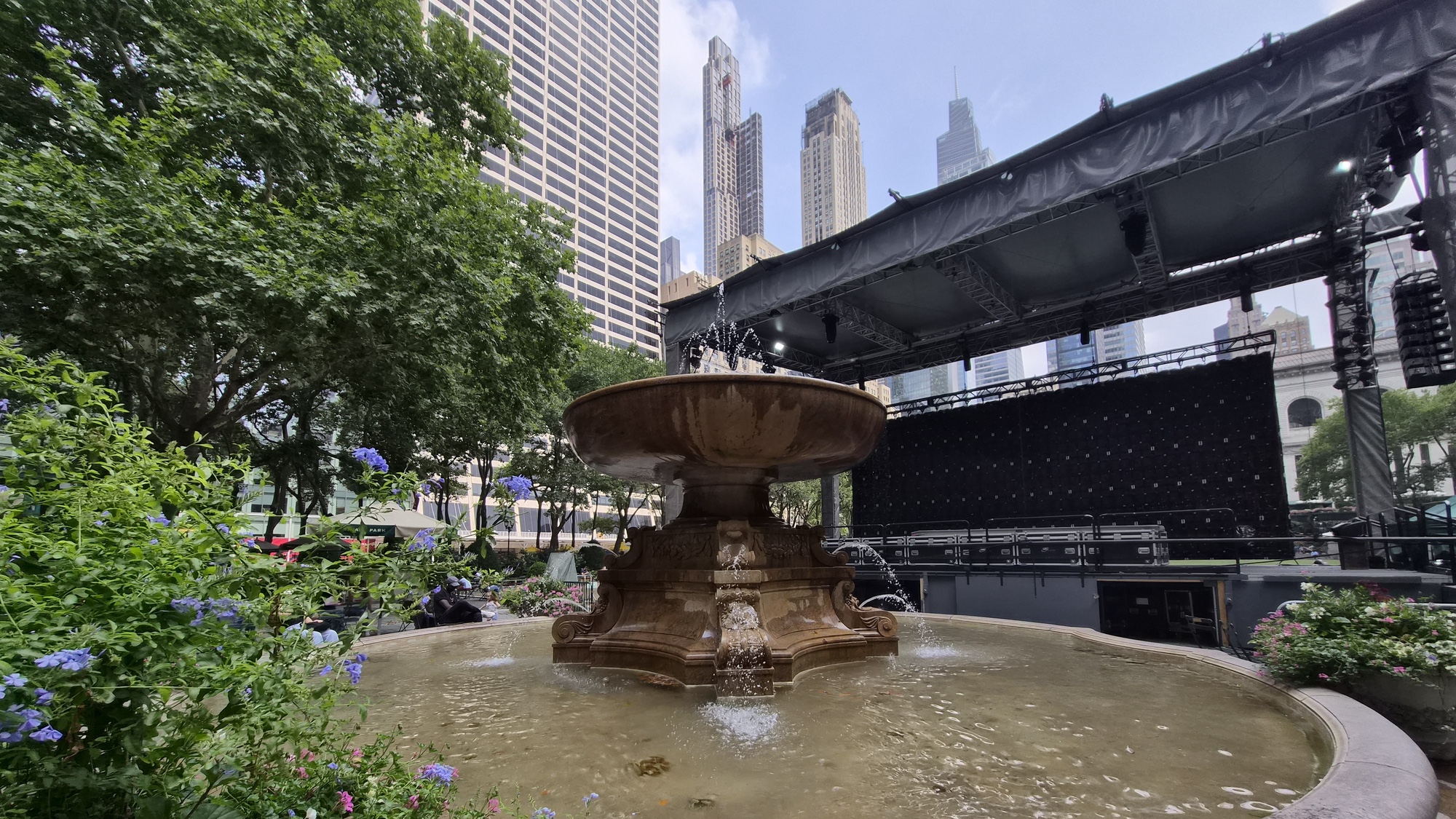
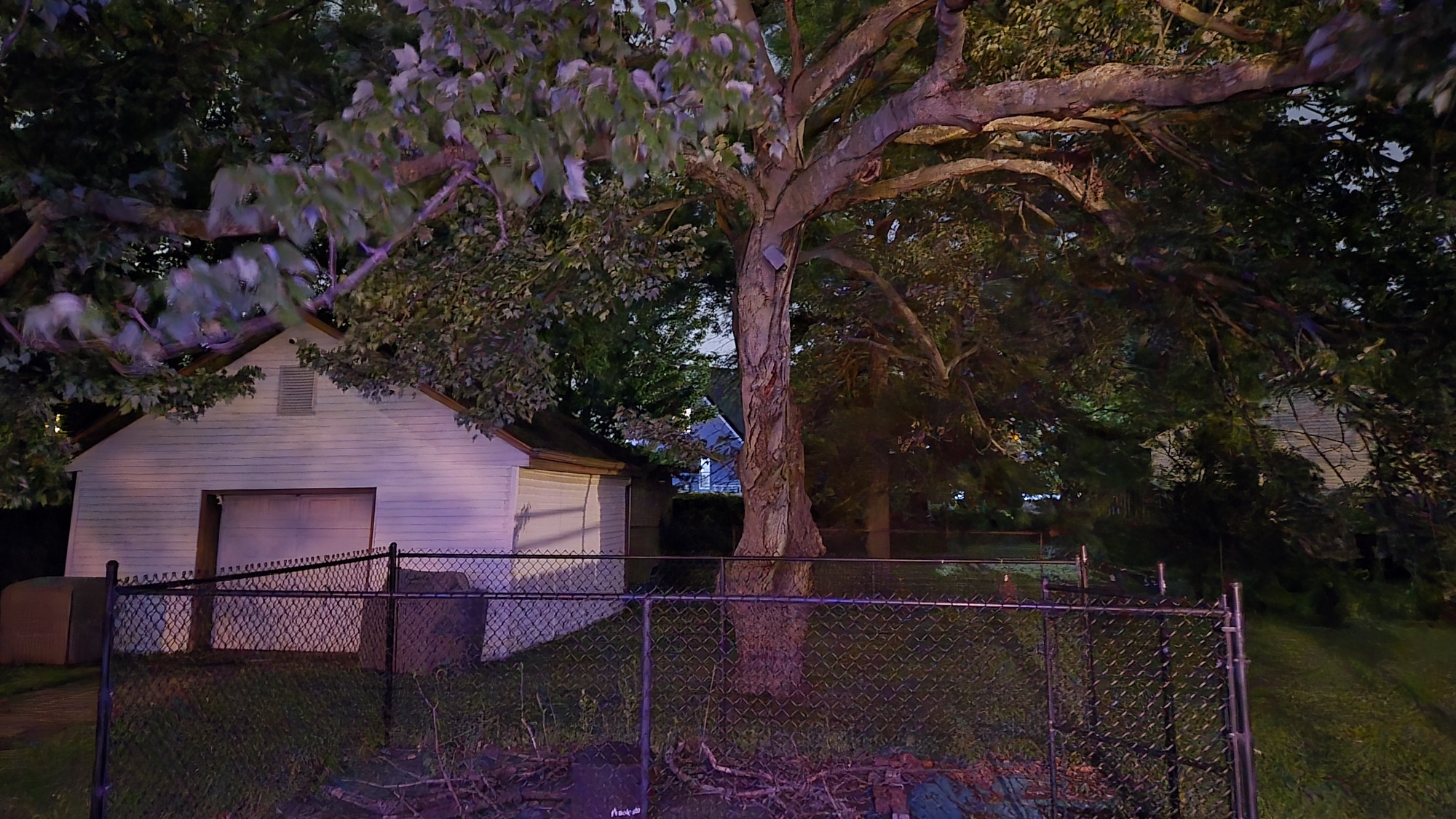

Specifications
Reasons to buy
Reasons to avoid
Let's get the bad news out of the way first — Samsung didn't make any hardware changes to the cameras on the Galaxy Z Flip 7. They sport the exact same specs as the 50MP main, 12MP ultrawide and 10MP front cameras that the Galaxy Z Flip 6 offered. So if you're looking for a revolutionary new camera setup, you won't find it here.
But it would false to say, there aren't any changes at all to how the Galaxy Z Flip 7 takes photos. Samsung updated its ProVisual Engine for processing photos, and as I learned when I conducted a Galaxy Z Flip 7 vs. Galaxy Z Flip 6 photo face-off, that results in some noticeable improvements in zoom shots and low-light photos. As a result, the Galaxy Z Flip 7 is a better camera phone than the foldable the preceded it, and so it earns a place on this list.
In fact, I would go so far as to say that if you're a content creator like me, you really should consider the Galaxy Z Flip 7 over many of the other best camera phone contenders. The flip phone design means you can use the front cover of the phone as a view finder to shoot selfies and video with that higher-resolution main lens. The cover display is even larger now on the Galaxy Z Flip 7 — 4.1 inches — giving you more space to work with when setting up shots.
I really appreciate the many camera controls on board the Galaxy Z Flip 7 including portrait video mode and LOG recording. It's tools like those that help make Samsung's phone a better option than the Motorola Razr Ultra (2025), even if that phone did put up a fight in our Z Flip 7 vs. Razr Ultra camera face-off.
The Galaxy Z Flip 7 is ideal for vlogging, especially with its support for 4K 60 fps video and its flexible, easy-to-hold design. From slow motion modes to support for wireless microphones, Samsung's flip phone is a videographer's dream and definitely deserves your attention if you demand a versatile and capable camera phone.
Read our full Samsung Galaxy Z Flip 7 review.
Also Tested
Apple iPhone 16e (★★★★☆)
Even though the iPhone 16e features just one rear camera, it’s a big upgrade for Apple’s entry-level phone. It packs a 48MP camera, matching the specs of the main camera on the iPhone 16. I was surprised how well it held up when I put it through a photo shootout against the iPhone 16.
Read our full iPhone 16e review
iPhone 17 (★★★★☆)
Apple's upgraded two things with the iPhone 17: a new 48MP ultrawide camera that's better suited for macro shots, and an 18MP Center Stage camera that makes it even easier (and better) to take selfies with a group of people.
Read our full iPhone 17 review
How we test camera phones
When we evaluate the best camera phones, we pick phones of comparable prices and capabilities and put them through a range of head-to-head comparisons. We pick common shooting situations — landscapes, indoor and outdoor shots, portraits and selfies in daylight and at night. We also test out each camera lens, including ultrawide angle and telephoto lenses if the phone features those.
In addition to testing the rear lenses of each phone, we also test the front camera, snapping selfies in both standard and portrait mode. We then compare the results to similar camera phones.
Photos used in our comparisons are taken with the default settings on each camera. Even if a phone offers manual controls, we don't test those, as we want to replicate the experience the typical smartphone user would have using the camera app on a device.
In each of our smartphone reviews, we also factor in any special features, such as dual lenses and what they enable, Portrait Modes, and other special modes, before we come to a conclusion.
Camera testing is the most relevant evaluation for picking the best camera phones, but our smartphone reviews include other testing, such as performance testing, battery testing and display testing. You can see the full results of those tests — outlined in our explanation of how Tom's Guide tests and reviews smartphones — when we rate the best phones overall and in our 200 photos head-to-head shoot outs.
Get instant access to breaking news, the hottest reviews, great deals and helpful tips.

John’s a senior editor covering phones for Tom’s Guide. He’s no stranger in this area having covered mobile phones and gadgets since 2008 when he started his career. On top of his editor duties, he’s a seasoned videographer being in front and behind the camera producing YouTube videos. Previously, he held editor roles with PhoneArena, Android Authority, Digital Trends, and SPY. Outside of tech, he enjoys producing mini documentaries and fun social clips for small businesses, enjoying the beach life at the Jersey Shore, and recently becoming a first time homeowner.
